EUROPIN Summer School on Drug Design – Vienna
September 10 – 15, 2023
Speakers
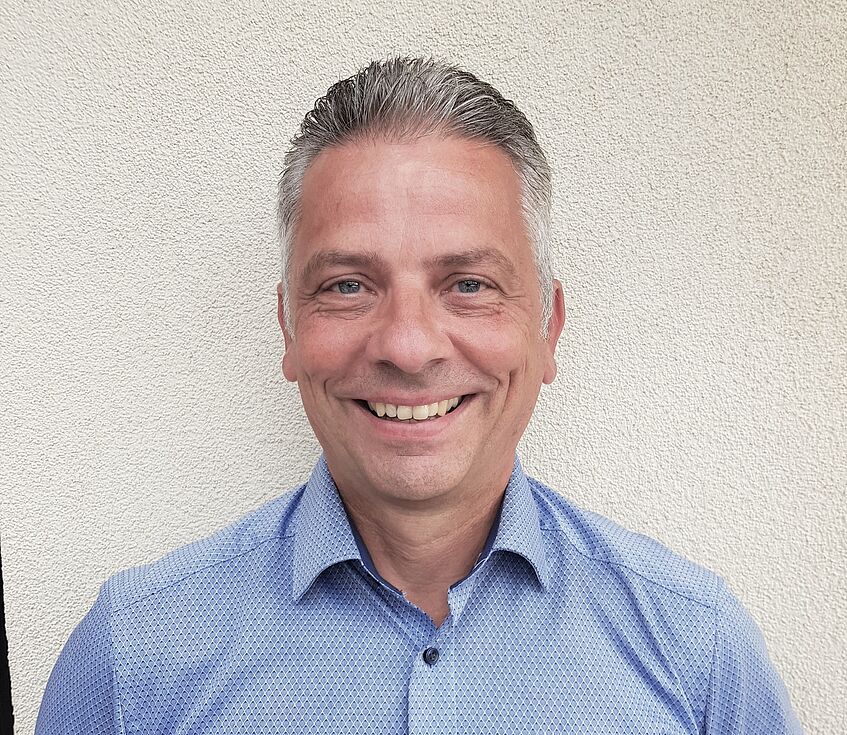
Sanofi
Alexander Amberg
Application of AI and ML on data from digitalized toxicology study reports for drug safety assessment
Alexander Amberg obtained his Ph.D in Biochemical Toxicology. He is a “European Registered Toxicologist (ERT)” and “Fachtoxikologe DGPT” of the German Society of Toxicology. In 2001 he joined the early & exploratory preclinical safety group of Sanofi and is since that time responsible for in silico/computational toxicology analysis globally at Sanofi. The major research interests are data management of preclinical and clinical safety data in databases and development of new in silico prediction models for different toxicity endpoints from these data to support drug development in research and development. He is member in different expert advisory groups and external initiatives, like the IMI eTRANSAFE consortium for translational safety analysis, different GTI (genotoxic impurity)/ICH M7 initiative and is involved as author in more than 50 publications in scientific literature.
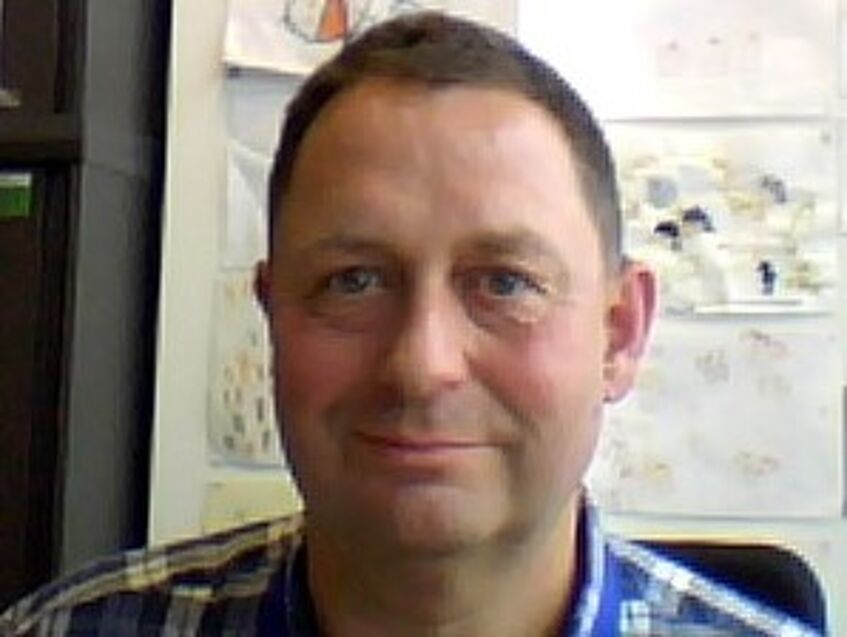
Boehringer Ingelheim, Austria
Andreas Bergner
Augmented Intelligence joins Brain Intelligence - Predictive modelling with AI & BI @ BI
Andreas Bergner studied chemistry at the University of Stuttgart where he received his Diploma in quantum chemistry in 1992. He then moved into the area of protein crystallography, completing his PhD in this field at the MPI in Martinsried in 1996 and continued here as a Postdoc focusing on applying computational chemistry to structural biology. In 1999, Andreas joined the Cambridge Crystallographic Data Centre (CCDC) in the UK as a Scientific Software Engineer & Project Lead. Andreas then accepted the offer in 2005 to join BioFocus in Basel as Principal Scientist in computational chemistry. After four months as a Research Associate in Torsten Schwede’s group at the Biozentrum in Basel, Andreas joined BI here in Vienna as a Distinguished Scientist in computational chemistry in 2013. Since 2015 Andreas has been responsible for computational chemistry with a strong focus on supporting structure-based drug design for oncology research. Andreas is currently Senior Scientific Expert for CADD and Data Science, focusing on the use of machine learning and Artificial Intelligence. He initiated the computational chemistry Stammtische in Basel and Vienna and is a renowned scientist in the field with numerous publications, patents, book chapters and lectures.
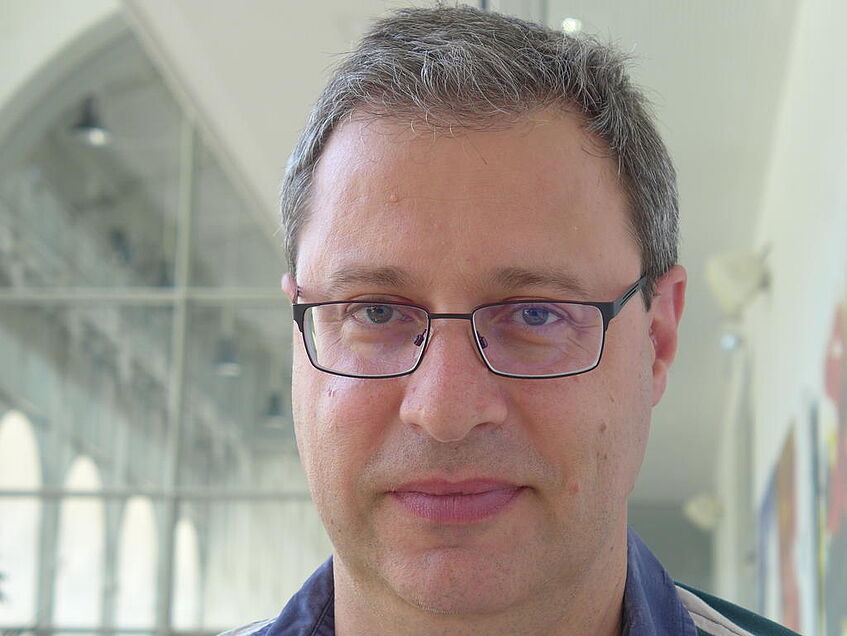
University of Vienna, Austria
Stefan Boresch
Setting up MD Simulations of Biomolecules
Stefan Boresch is professor in the Department of Computational Biological Chemistry of the Faculty of Chemistry since 2011. An expert in biomolecular MD simulations, his research interests encompass methods development and applications of MD based free energy simulations, extending free energy simulations to hybrid QM/MM descriptions of interactions, and optimization of MD on novel computer architectures. Presently, he employs above techniques to understand complications resulting from tautomerism in free energy simulations. He is a developer of the CHARMM biomolecular simulation package, regularly participates in the CHARMM developers' meetings, which he also hosted 2015.
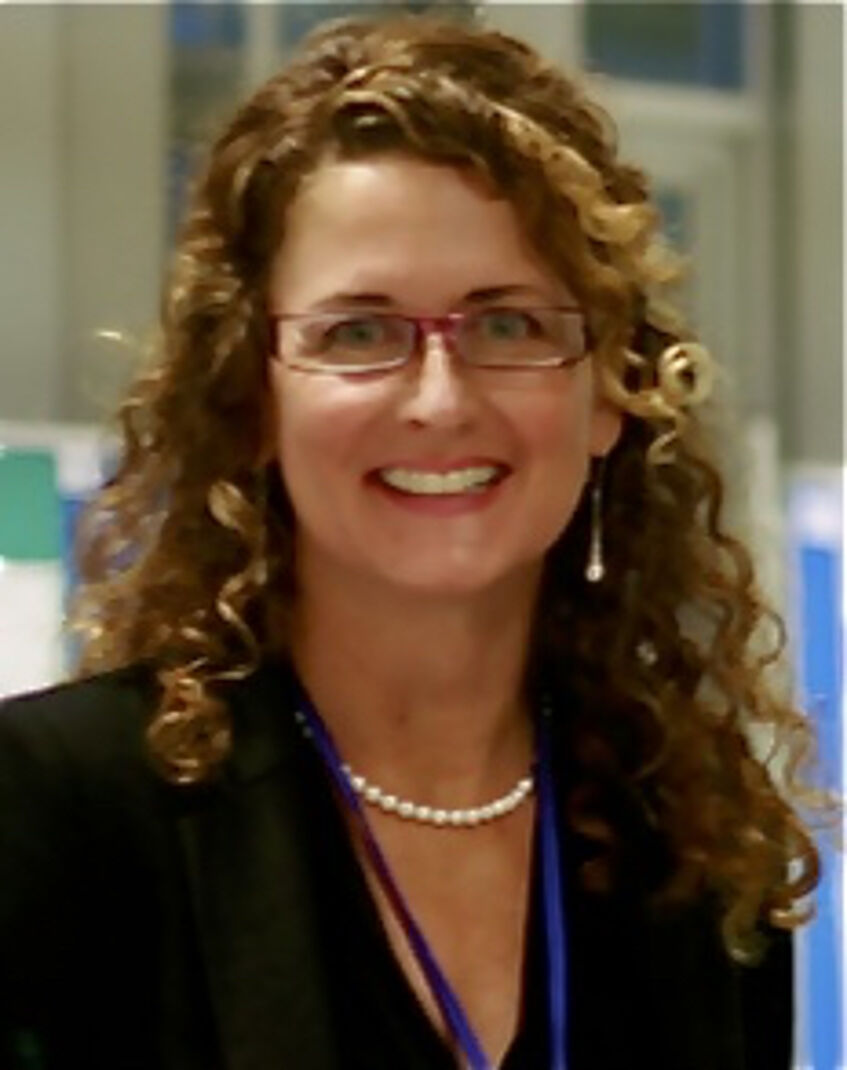
Inte:Ligand GmbH, Austria
Sharon D. Bryant
Advanced 3D-Pharmacophores in Drug Discovery and De-risking Neurotoxicity
Sharon Bryant is CEO at Inte:Ligand GmbH, a company that leads the field in 3D-pharmacophore modeling and virtual screening technology and is known for the development of the program LigandScout. She has more than 30 years experience in computer aided molecular design, working extensively with pharmaceutical, cosmetic, nutrition, and other life science industries to identify bioactive molecules, and provide design and chemistry decision support. Prior to joining Inte:Ligand, she was a Research Scientist at the National Institutes of Health, USA, where she worked on developing compounds targeting opioid receptors. She has patents covering opioid inventions and has authored more than 150 scientific publications. She is also Guest Professor at University of Vienna, Austria, where she teaches in the Master in Preclinical Drug Discovery program. Her most recent endeavor, together with the Inte:Ligand team, has been the development of the NeuroDeRisk IL Profiler, an in silico solution for profiling and identifying chemical structures with risk for neurotoxic adverse outcomes.
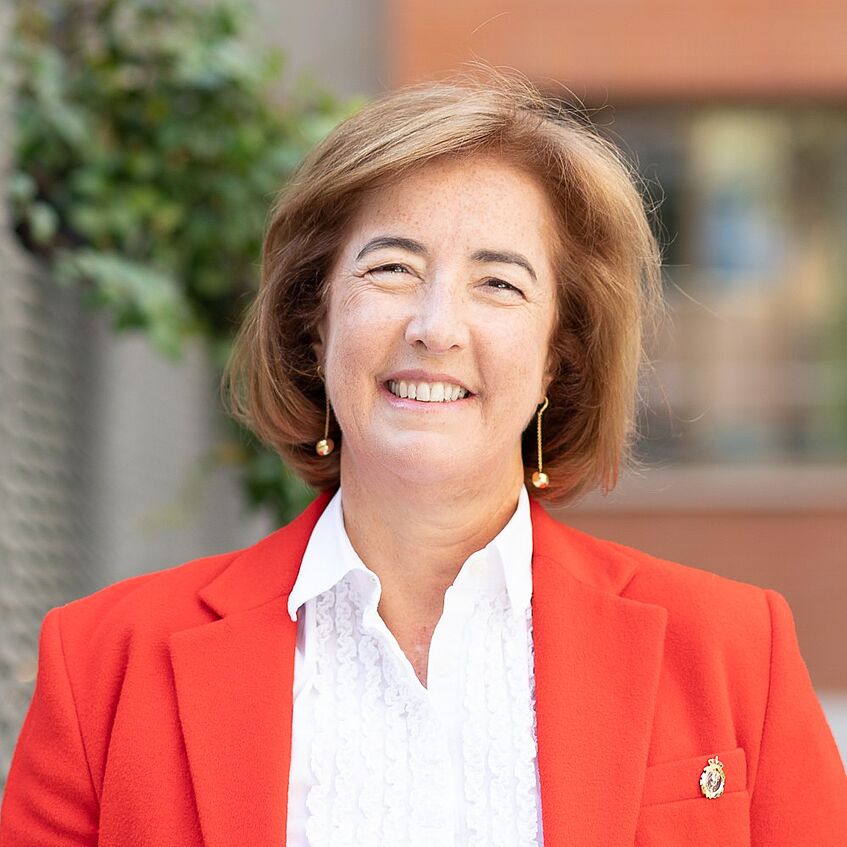
Universidad CEU San Pablo, Spain & EFMC
Beatriz de Pascual-Teresa
MMPs, CK and HDACs as anticancer targets: From enzyme and multitarget inhibitors through degraders
Full Professor of Organic and Pharmaceutical Chemistry (2009) at Universidad San Pablo CEU (USPCEU) and Dean of Faculty of Pharmacy (2008-2022). President of the Board of Deans of Faculties of Pharmacy of Spain (2018-2022). Since July 2018, President of the Spanish Society of Medicinal Chemistry (SEQT) and since 2013 Coordinator of the PhD Program on Science and Technology of Health that belongs to CEINDO (CEU International School of Doctoral Studies). Council member of the European Federation for Medicinal Chemistry and Chemical Biology (EFMC) since 2018 and Treasurer of the Executive Committee of the EFMC since January 2023. Member of the Spanish Royal Academy of Pharmacy (2014) and the Academy of Pharmacy Castilla y Leon (2011). Appointed Academic Fellow from Universiti Sains Malaysia (USM). June 2021- May 2022.
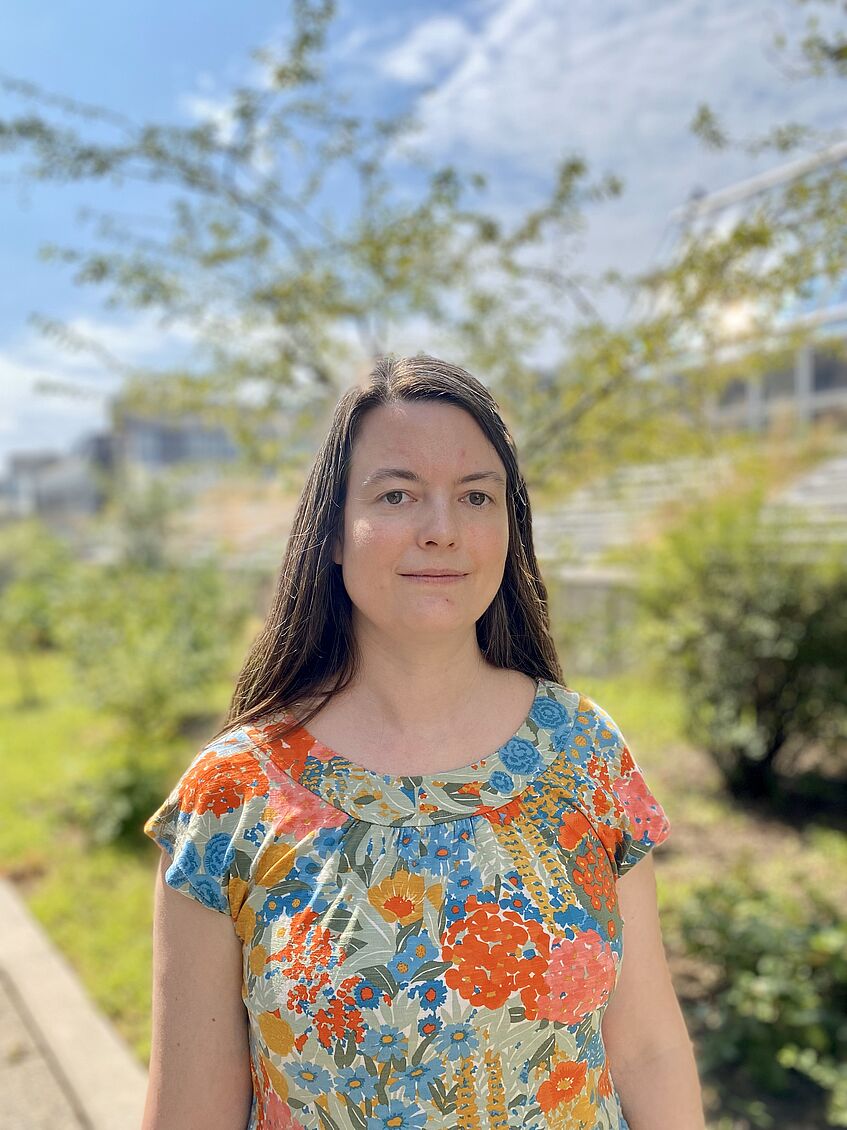
University of Vienna, Austria
Daniela Digles
Connecting Solute Carrier (SLC) resources with KNIME
Daniela Digles is senior scientist as well as senior lecturer at the Department of Pharmaceutical Sciences, University of Vienna. She completed her PhD studies with a DOC-fFORTE-fellowship of the Austrian Academy of Sciences at the University of Vienna, in the Pharmacoinformatics Research Group of Prof. Gerhard Ecker. In 2012 she started her Post-doc within the Open PHACTS project (IMI), and later on within the Open PHACTS Foundation, where she was testing the developed system, creating KNIME workflows to access the data to answer research questions, as well as user support. Currently, she is involved in the RESOLUTE project (IMI), and is a community curator of WikiPathways. Her main research interests are the usage and quality control of open data (especially for solute carrier proteins), classification schemes, and the application of KNIME to connect data resources.
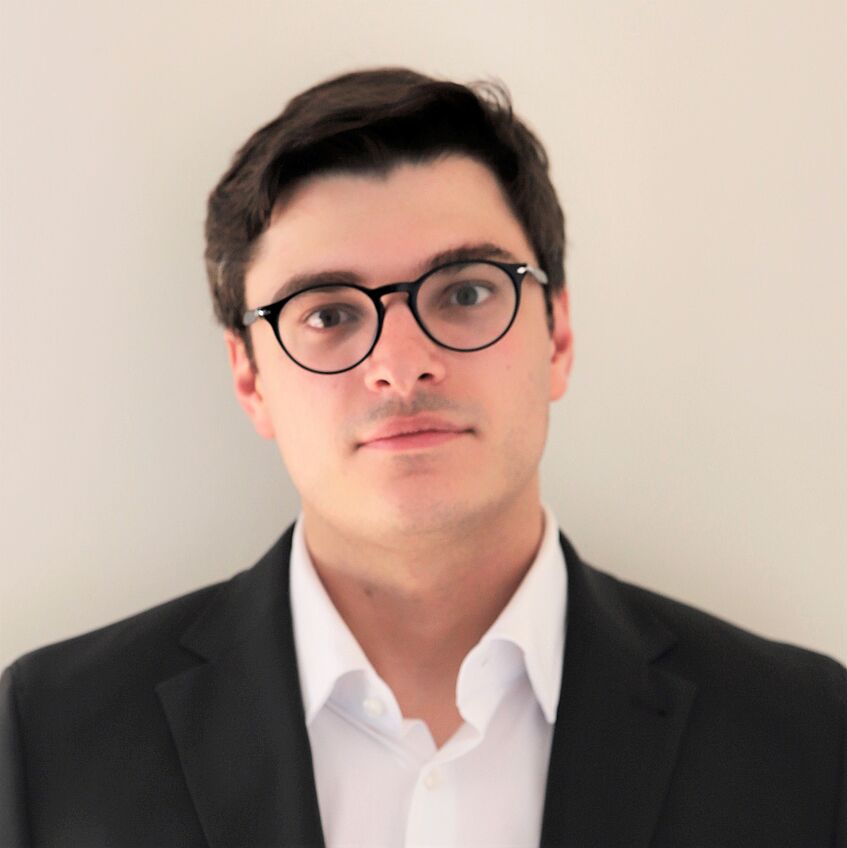
University of Parma & EUROPIN
Gian Marco Elisi
MT2 receptor activation mechanism investigated through free-energy simulations
Gian Marco Elisi is a computational medicinal chemist and graduated at the University of Modena and Reggio Emilia in 2019. Afterwards, he completed his doctoral studies in the Drug Sciences program of the University of Parma in 2023. In the same institution, he worked under the guidance of Prof. Mor pursuing the application of free-energy studies to understand the binding mechanism of melatonergic ligands. His main research areas include the discovery and design of small molecules acting as GPCRs ligands or as protein-protein interactions disruptors. In 2022, he spent a period at the University of Geneva, starting a collaboration with the group of Prof. Gervasio to devise enhanced sampling protocols to characterize GPCRs activation mechanism. Gian Marco recently joined Evotec as a Senior Scientist in the Molecular Architects department, where he is now working on biophysical studies of protein-membrane systems of pharmaceutical interest.
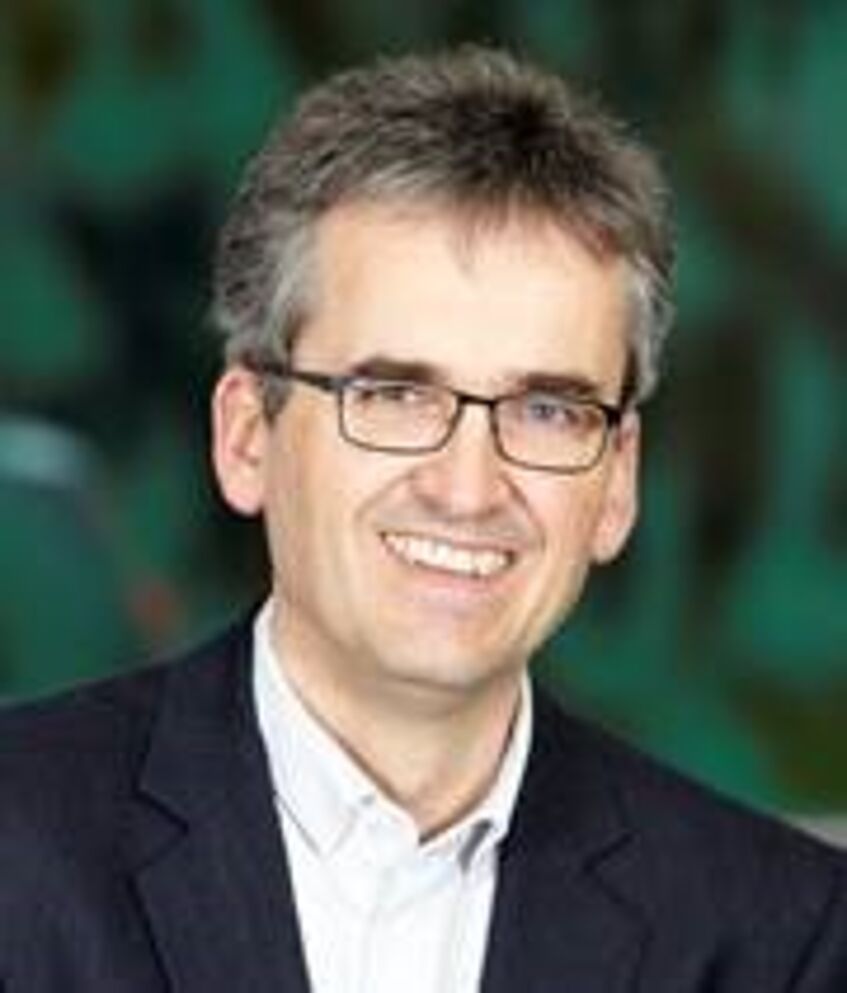
Boehringer-Ingelheim, Austria
Peter Ettmayer
Degrading the Beating Heart of Cancer
Peter Ettmayer is a synthetic organic chemist by training (Vienna University of Technology, Austria) and worked for more than 30 years in drug discovery. He started as a medicinal chemist at Novartis in 1991, and joined Boehringer-Ingelheim as a group leader in the Oncology Department in 2005. At BI Peter´s responsibilities span from lead identification, to NCE based external collaborations and high throughput biology. Since December 2020 he is responsible for the drug discovery sciences department in the TA oncology. Peter is the author of numerous publication and patents and his main research areas are in the areas of oncology and immunopathology covering many fields of medicinal chemistry, e.g. PPIs, kinase inhibitors, peptidomimetics, combinatorial chemistry, prodrugs and PROTACs.

Sanofi, Germany
Barbara Füzi
Pathway and network-based approaches in systems toxicology
Barbara Füzi is a principal scientist in the Digital Toxicology group of Preclinical Safety at Sanofi, Frankfurt. Barbara got her PhD in Pharmacoinformatics in 2022 from the University of Vienna, Austria. Her project was part of the Molecular Drug Targets interdisciplinary PhD program. During this time, she was also working on the TransQST (Translational Quantitative Systems Toxicology) IMI project. She completed internships at EMBL-EBI, Medbioinformatics Solution and KNIME, where she developed skills in data science, computational drug discovery and in silico toxicology. She used these experiences in teaching in silico toxicology as a lecturer at the University of Vienna. In her current role, she acts as a computational toxicology expert for novel modalities and contributes to collaborations with a special focus on translational safety.
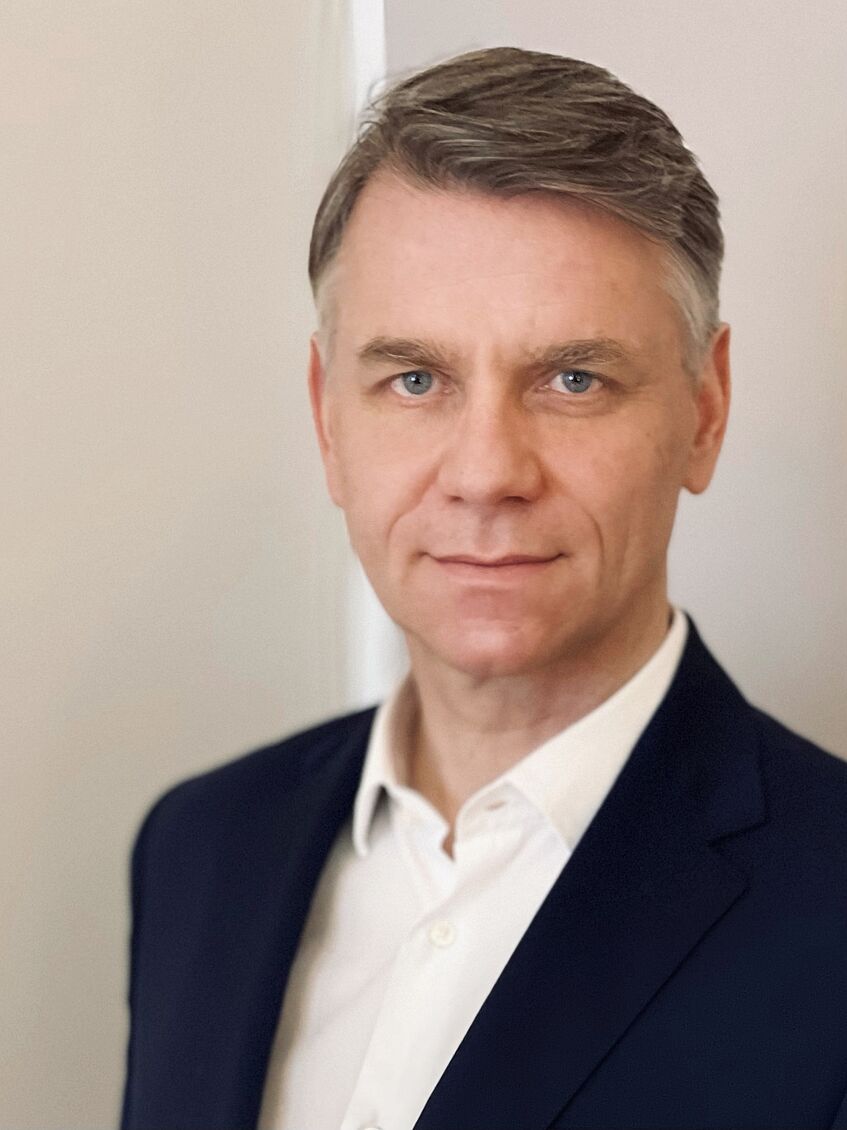
BioSolveIT, Germany
Marcus Gastreich
Green Navigation of Zetta-sized On-Demand Chemical Spaces
Marcus Gastreich serves as SVP Application Science at BioSolveIT in Germany. As such he is acting as a strategic interface between pharma clients and IT development. BioSolveIT is a globally acting creator of drug modeling software; their tools hold several records, notably in the field of Chemical Space navigation technologies that he will focus on today. Marcus holds a diploma degree in chemistry from the University of Bonn, Germany. He did his doctorate in Theoretical Chemistry under supervision of Prof. Christel M. Marian on ab initio NMR simulation of solids, and force field development for amorphous materials — with a minor in Bioinformatics from Prof. Tom Lengauer. In the late 90’s, he went to London for a research stay with Julian Gale at Imperial College. In 1999 — shortly before BioSolveIT had been founded as a spin-off from Fraunhofer Gesellschaft (FhG) in 2001 — he joined Prof. Tom Lengauer's chem- and bioinformatics group in St. Augustin, Germany, where BioSolveIT's popular FlexX molecular docking program had initially been developed. Marcus is (co-/)author of several dozens of scientific publications and has contributed to several books; his review on Chemical Space exploitation in Drug Discovery Today stayed in the top 10 of the most downloaded articles for months. Marcus's major interests lie in visually appealing, scientific app design, visualization of molecular information, and exploiting fast, interactive algorithms to help in drug design and development. His fingerprint can be clearly made out on tools such as SeeSAR, infiniSee, and PepSee, a therapeutic peptide analysis & design software.
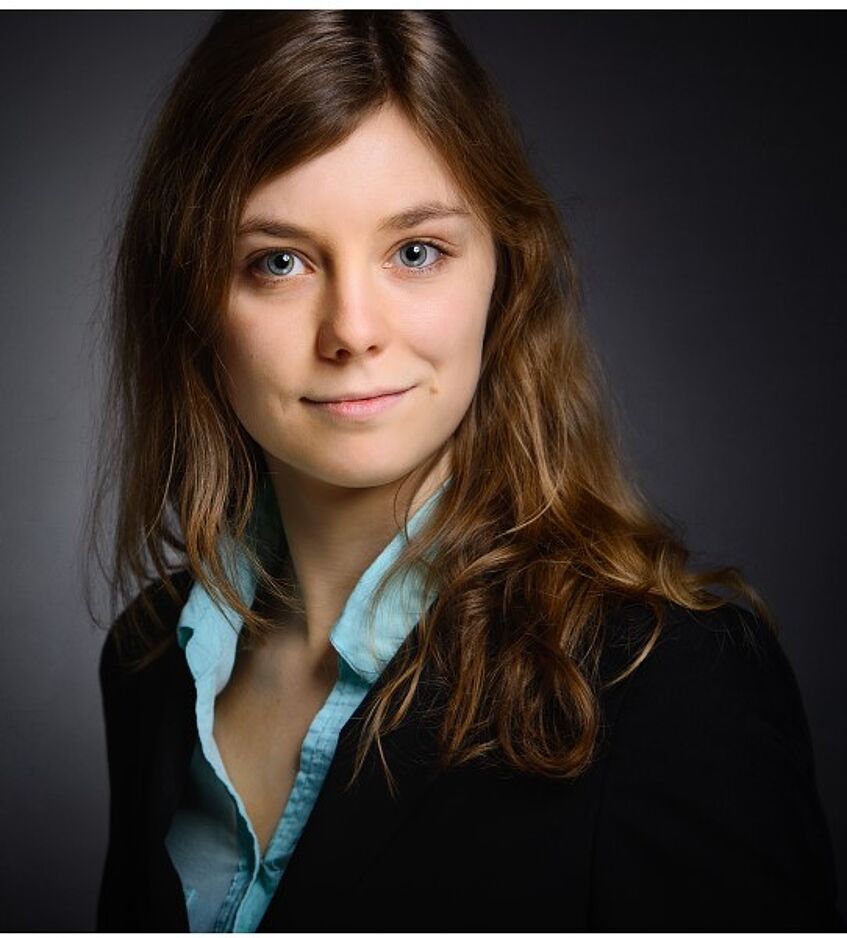
BASF, Germany
Jennifer Hemmerich
In silico, in vitro, in vivo. How FAIR machine learning supports the prediction of toxicity.
Jennifer Hemmerich completed her PhD in 2020 at the Pharmacoinformatics research group in Vienna. From there she transitioned to work at BASF and joined the cheminformatics team there. Her expertise is the prediction of small molecule properties, especially concerning toxicological endpoints. Additionally, she is highly interested in streamlining machine learning via machine learning operations and thus making machine learning adhere to the FAIR data principles to ensure reproducibility also for virtual experiments.
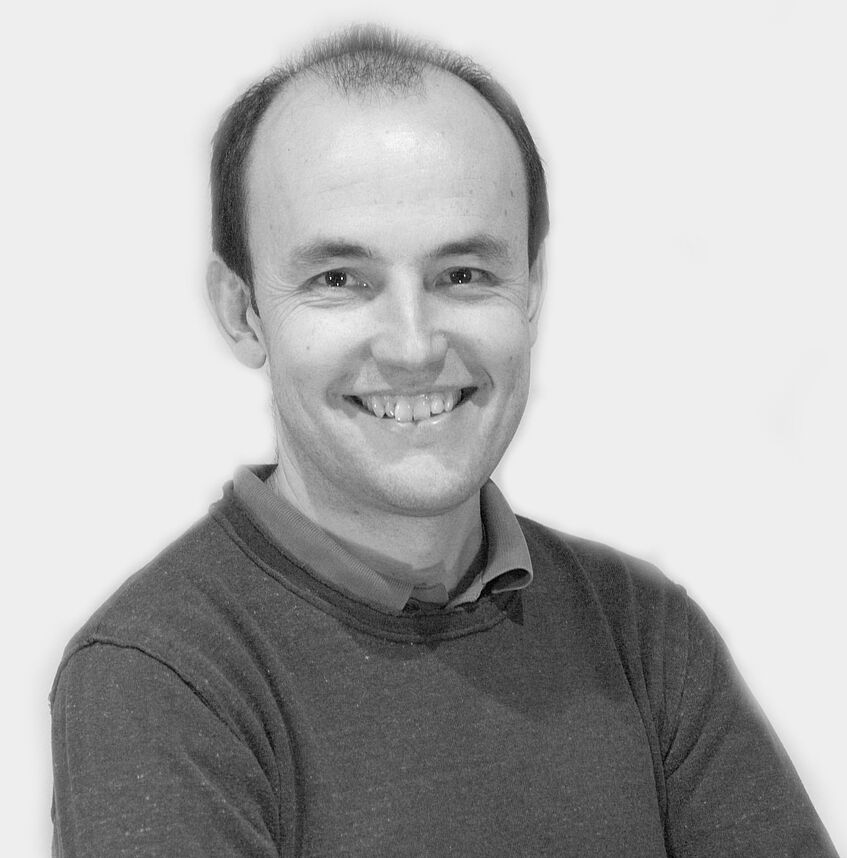
Pharmacelera, Spain
Enric Herrero
Exploring the Exa-space with 3D molecular descriptors
Enric holds a PhD in Computer Engineering from Universitat Politècnica de Catalunya (UPC), where he obtained the UPC Award for Outstanding PhD Thesis. Enric was a research visitor at the University of California at San Diego. He is a co-founder of Pharmacelera and leads the Research & Development efforts. Prior to that, he worked at Intel in machine learning and hardware acceleration. Enric is a co-author in 14 scientific publications and 17 patents and has been co-director of 1 PhD thesis.
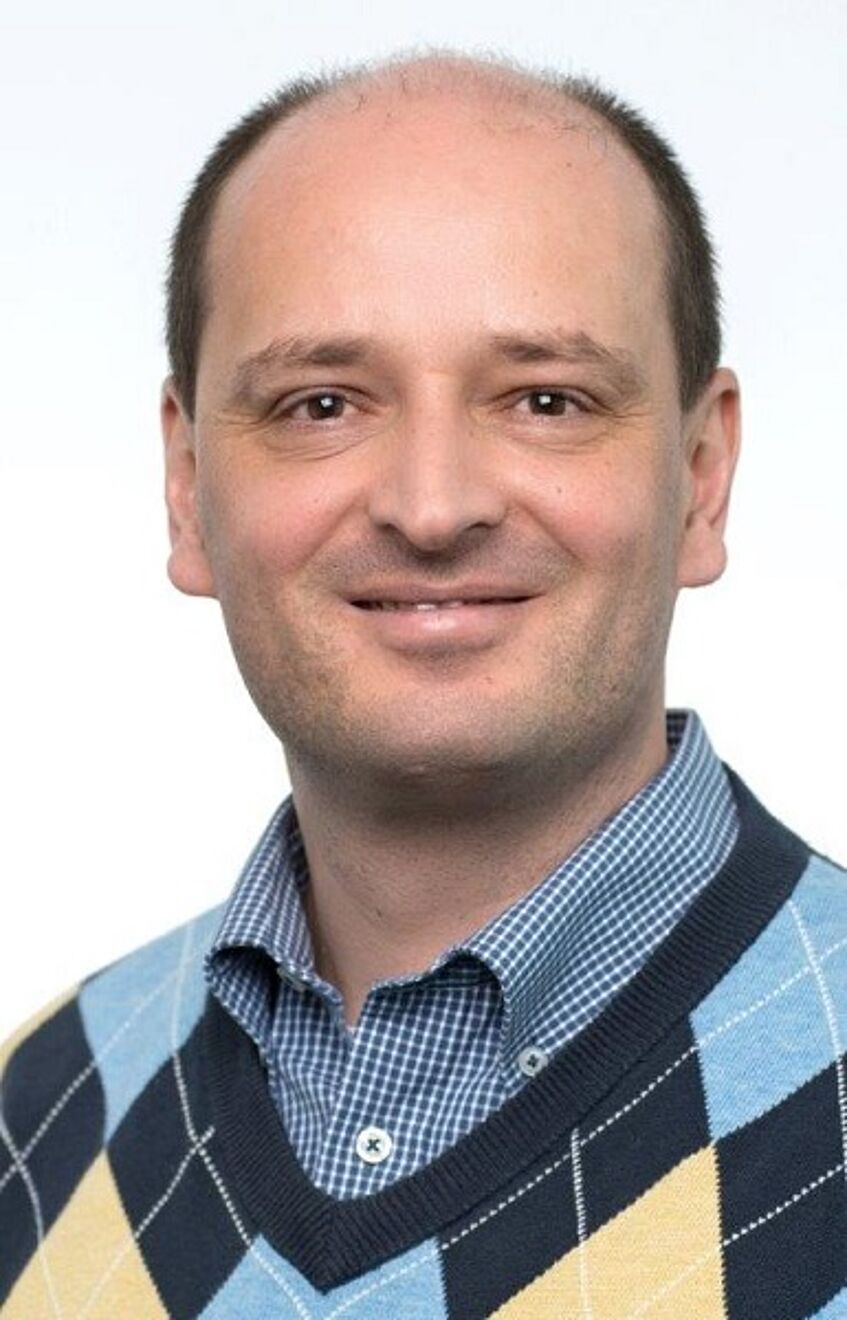
Sanofi-Aventis, Germany
Gerhard Hessler
Borders of AI
Dr. Gerhard Hessler is head of the group “Synthetic Molecular Design” in Integrated Drug Discover at Sanofi in Frankfurt, Germany. He is responsible for computational chemistry and data management, as well as experimental approaches like biophysical measurement and x-ray crystallography, for the identification of novel lead structures and subsequent lead optimization. Before, he headed teams in computer-aided drug design and structural biology since 2008. He joined Aventis in 2001 as a computational chemist, after working for four years in the computational chemistry group of the Central Research at Bayer AG. Dr. Gerhard Hessler did his Ph.D. at Technical University of Munich in NMR-based conformational analysis of biologically active peptides and oligonucleotides. During his industrial career the main focus of his work is the application of ligand- and structure-based design techniques to the development of drugs.

UCB Pharma, Germany
Alexander Hillisch
CACHE - A benchmarking initiative to enable the development of computational methods for hit-finding.
Alexander Hillisch is Head of Global CADD (computer-aided drug design) at UCB overseeing sections in Brussels, London and Boston. His teams are working on small molecule, targeted protein degraders and antibody drug discovery in disease areas such as inflammation and neurology. From 2019-2022 he headed the department for “Computational Molecular Design” at Bayer AG, Wuppertal, Germany. His team was involved in the design of various modalities (small molecule, RNA, peptide and antibody) in cardiology with computational chemistry, chem-informatics, machine learning, in silico ADMET and structural bioinformatics techniques. Between 2003 and 2019 he was head of Computational Chemistry as part of Medicinal Chemistry Wuppertal at Bayer. His team was involved in computer-aided drug design of small molecules in the areas of cardiology, oncology and ophthalmology. From 1998 to 2003 he headed a research group at EnTec GmbH, Jena, Germany, a subsidiary of Schering AG, Berlin. There he was project manager in preclinical research and involved in the design and pharmacological characterization of drugs against gynecological diseases and cancer. He conducted his Ph.D. thesis at the Institute of Molecular Biotechnology (IMB), Jena in the area of biophysics (NMR, FRET) and molecular modeling. Alexander Hillisch received his Ph.D. in Biochemistry with Prof. Peter Schuster in 1998 and his diploma in Pharmacy in 1995 from the University of Vienna, Austria. He is co-author of ~50 research papers, 2 books and 63 pharmaceutical compound patents. He contributed to the discovery of one marketed product (Finerenone, Kerendia®) and 6 clinical development candidates, amongst those Asundexian, a novel oral FXIa inhibitor currently in Phase III clinical trials. Alexander teaches “Molecular pharmacology and Drug Design” at the University of Cologne from which he received a honorary professorship in 2010. He is cofounder of CACHE, an open science initiative to compare and foster computational hit finding methods within the Structural Genomics Consortium (SGC, Toronto & Oxford), and serves at the scientific advisory board of Cresset and EUROPIN.
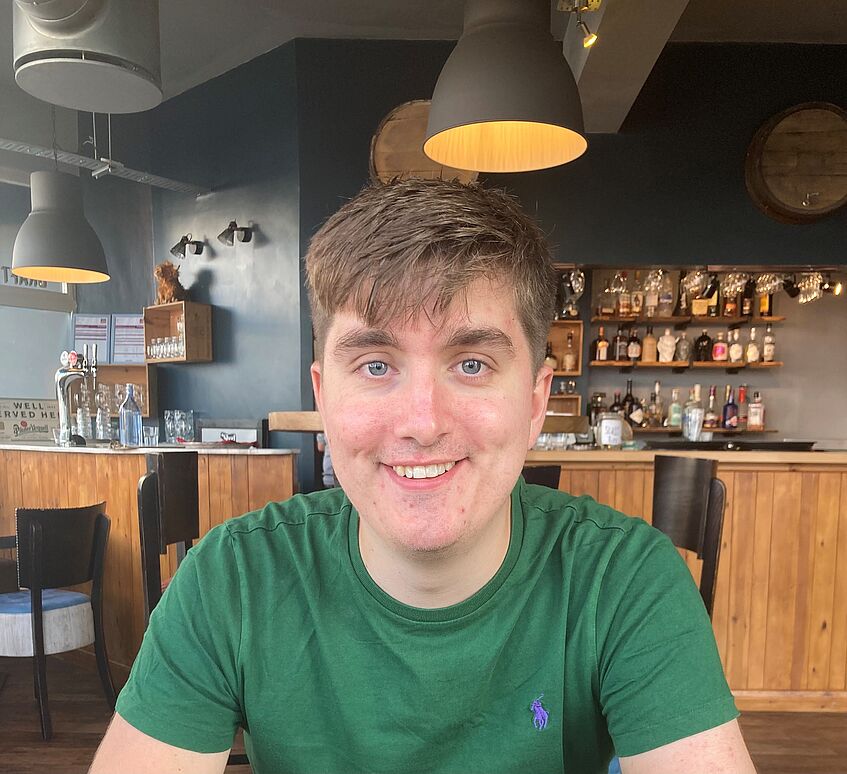
Cresset Group, United Kingdom
Oliver Hills
Using Spark™ and Flare™ to design and prioritize novel molecules in a drug design project
Oliver Hills completed his PhD in Computational Chemistry at the University of Leeds towards the end of 2022, before joining Cresset as a postdoctoral scientist. Oliver has a background in using quantum mechanical and molecular dynamics calculations to test binding hypotheses within biological systems pertinent to health and disease. Since joining Cresset, Oliver has deepened his knowledge in computational drug design algorithms and applications. This has enabled him to actively undertake projects in computational methods validation and development, in addition to supporting sales development, marketing and the curation of technical training material.
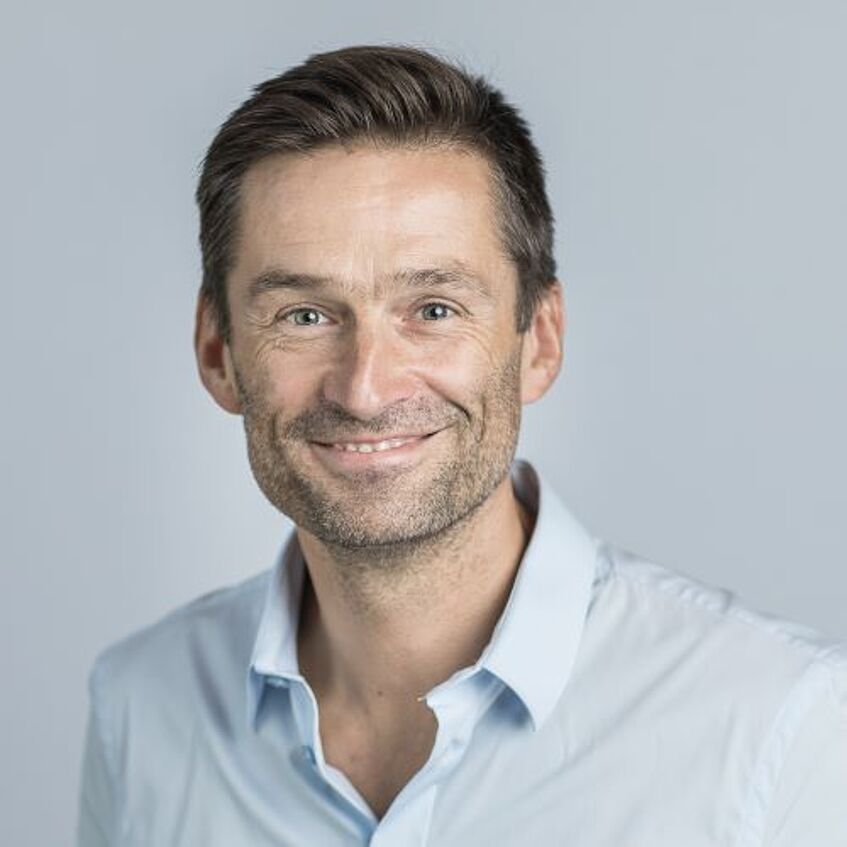
AstraZeneca
Anders Hogner
Augmented Drug Design @ AZ
Anders Hogner PhD, is a drug hunter with +20 years’ experience in the pharmaceutical industry in the field of chemistry/computer aided drug design. Anders is currently head of Computational Chemistry in Medicinal Chemistry in Early Cardiovascular, Renal and Metabolism, BioPharmaceuticals R&D. Part of Anders role involves co-leading AstraZeneca’s CADD strategy, global lead of IT demands from the business, and part of team delivering AstraZeneca’s Augmented Drug Discovery environment. During 2017-2018 Anders also acted as interim head of Computational Chemistry for Respiratory, Inflammation and Autoimmunity (RIA) disease unit. He has proven-track record of impacting projects milestones through innovative approaches resulted in being named co-inventor on 3 clinical drug projects and ability to bring in new methodologies and collaborations. He is passionate about talent management, mentoring, and developing people to achieve key deliverables in a performance-driven setting.
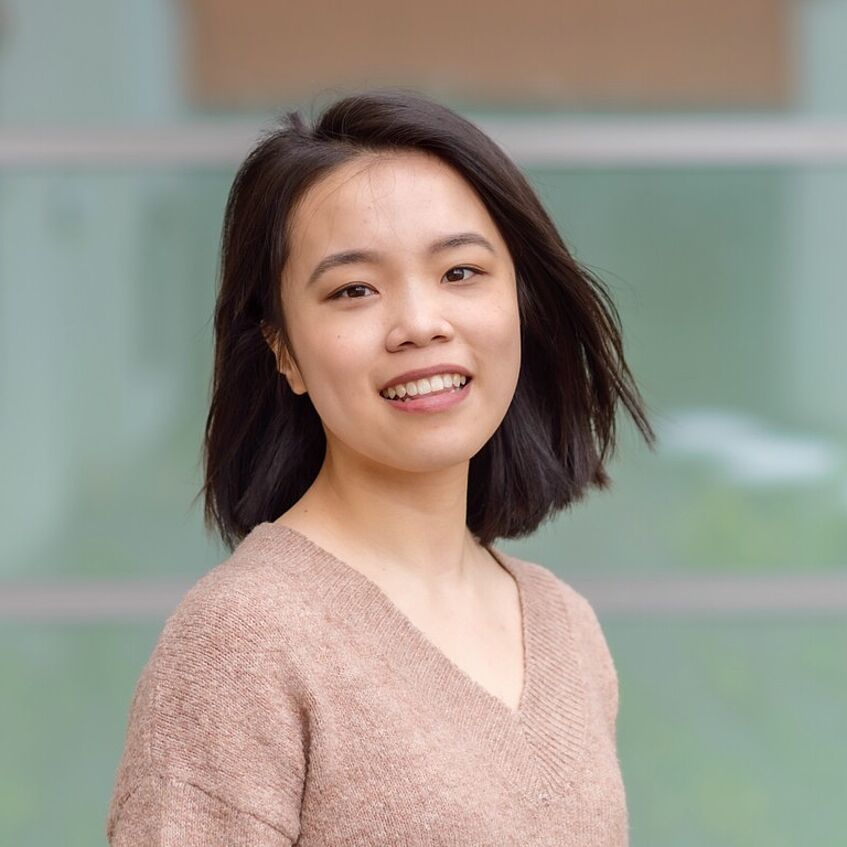
University of Vienna & EUROPIN
Jiahui Huang
ProteoMutaMetrics: Machine Learning Approaches for Solute Carrier Family 6 Mutation Pathogenicity Prediction
Jiahui Huang is a PhD student involved in a IMI project called REsolution. She is a pharmacist by training and received her bachelor degree in Southwest university in China, mater degree in Muenster university in Germany. Her doctoral work is mainly focusing on mutation effect analysis of the Solute Carrier (SLC) group of human trans-membrane transporters. Through mapping disease-related mutations on three-dimensional structures or structural models of human SLCs, testable hypothesis of the functional influence of those mutations will be constructed. Moreover, machine learning models and nature langue processing methods are approached to provide insights for mutations pathogenicity. Ultimately, the aim is towards contextualizing structure/mutation-function relationship and to leverage this knowledge for innovative concepts for drug design. She is also supported by the Europin and MolTag program.
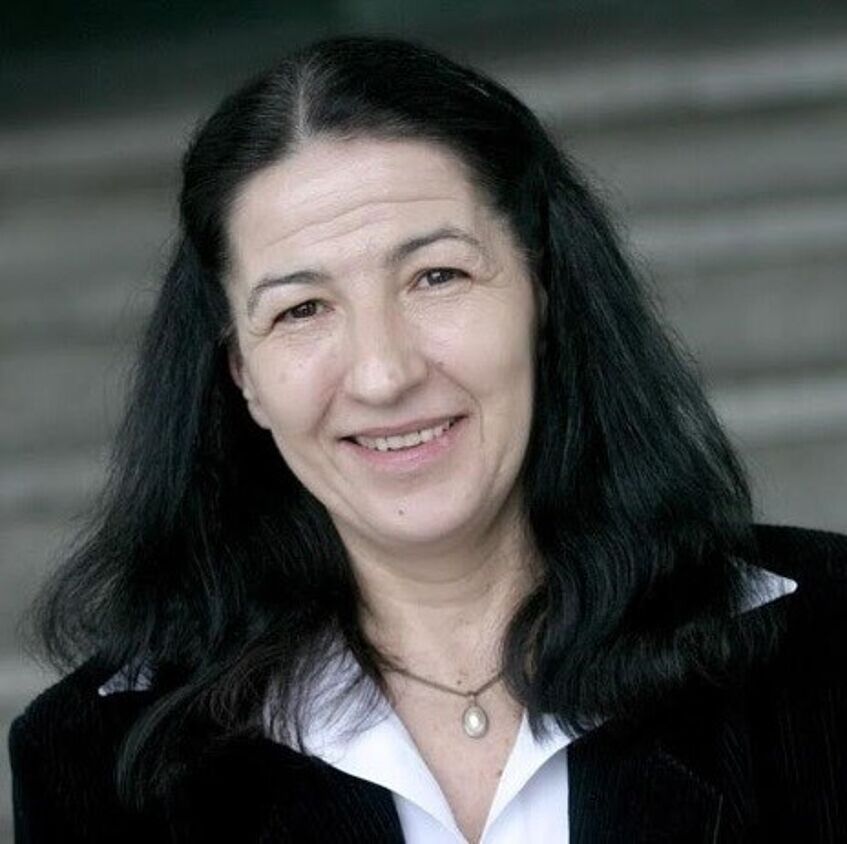
University of Primorska, Slovenia
Dušanka Janežič
Next-Generation ProBiS and Its Application in the Million-Protein Space
As a full professor of Mathematics in Natural Sciences at the University of Primorska, Slovenia, Dušanka Janežič is widely regarded for her contributions to the field of molecular modeling and drug design. With two scientific books and over 130 original research papers and review articles, her work has garnered over 3000 pure citations in the Web of Science database, and she holds an h-index of 25. She also served as one of the Editors at the esteemed ACS Journal of Chemical Information and Modeling from 2001 to 2014. Her numerous academic achievements include being named Ambassador in Science of the Republic of Slovenia in 1999 and receiving the prestigious Republic of Slovenia state award in science, the Zois Award, in 2013 for her outstanding achievements in mathematics in natural sciences. She has a distinguished academic background, having been a Fulbright Scholar at the National Institutes of Health in Bethesda, Maryland, USA, and a Deutcher Akademicher Austauschdienst Fellow at the Technical University of Munich, Germany. Moreover, she is known for founding the molecular modeling research field in Slovenia, and her research group is ranked among the top research groups globally in the field. Her novel approaches and concepts in molecular modeling have gained significant recognition in the scientific community, and her current research interests include developing graph theory, predicting protein-protein and protein-ligand binding sites, biomolecular simulations, and their application to pharmaceutical research and drug development. Her contributions have helped enhance our understanding of complex biological systems and have the potential to improve drug discovery processes.
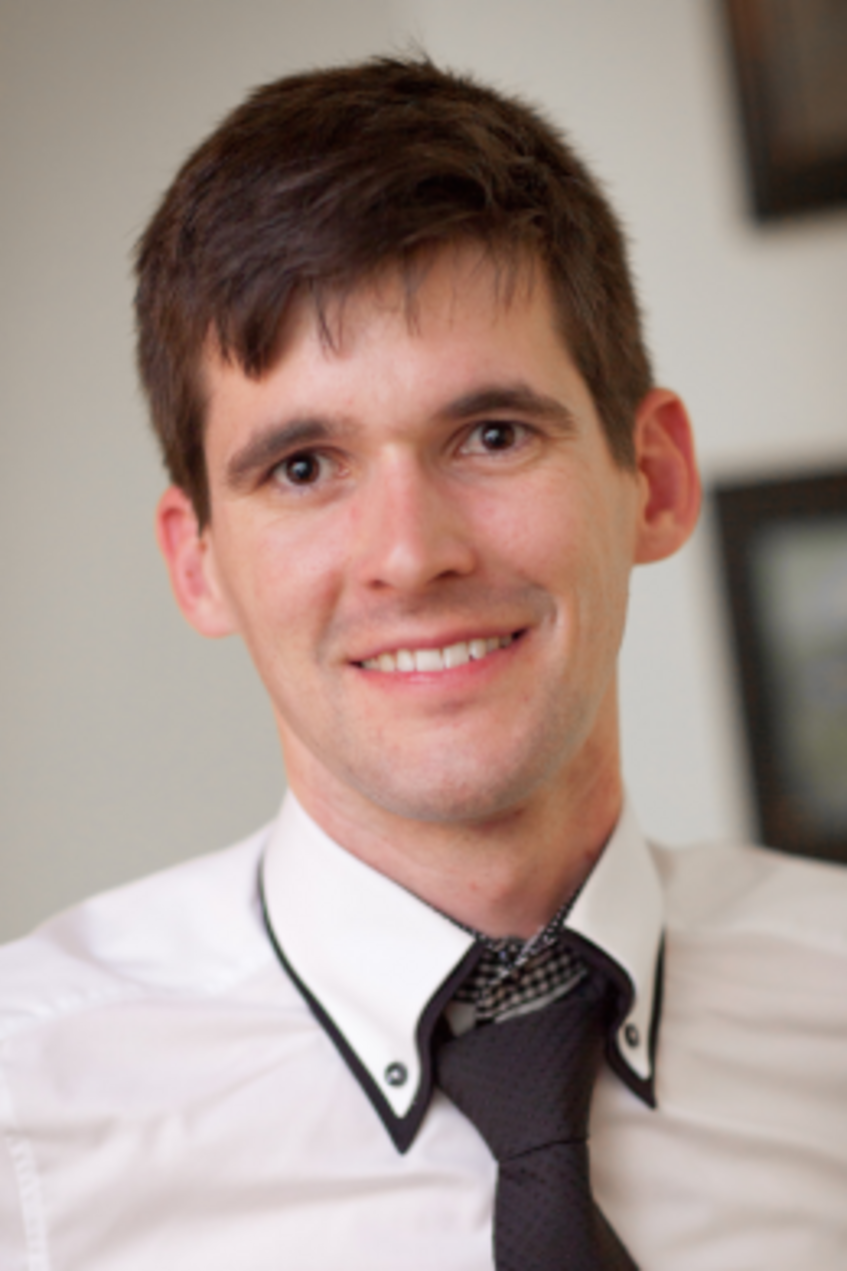
University of Vienna, Austria
Johannes Kirchmair
In silico approaches for drug metabolism prediction
Johannes Kirchmair is an associate professor in cheminformatics at the Department of Pharmaceutical Sciences, Division of Pharmaceutical Chemistry of the University of Vienna. He is head of the Christian Doppler Laboratory for Molecular Informatics in the Biosciences and of the Computational Drug Discovery and Design Group (COMP3D). After earning his PhD from the University of Innsbruck (2007), Johannes started his career as an application scientist at Inte:Ligand GmbH (Vienna). In 2010 he joined BASF SE (Ludwigshafen) as a postdoctoral research fellow. Thereafter he worked as a research associate at the University of Cambridge (2010-2013) and ETH Zurich (2013-2014). Johannes held a junior professorship in applied bioinformatics at the University of Hamburg (2014 to 2018) and an associate professorship in bioinformatics at the University of Bergen (2018 to 2019). He has been a visiting professor or lecturer at the National Institute of Warangal (2016), the University of Cagliari (2017) and the University of Vienna (2018). His main research interests include the development and application of computational methods for the prediction of the biological activities, metabolic fate and toxicity of small molecules (including natural products) in the context of drug discovery.
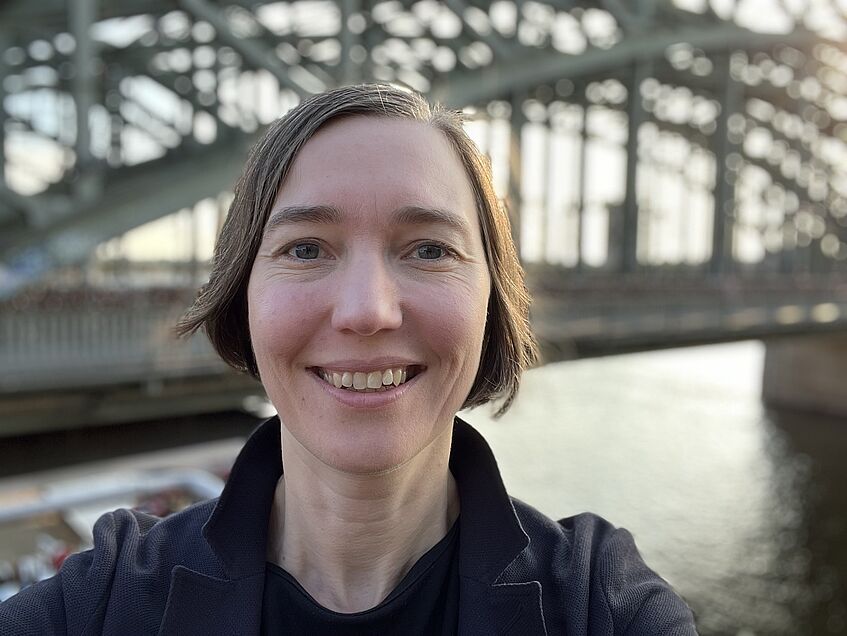
OpenEye, Cadence Molecular Sciences
Mireille Krier
Workshop
Mireille Krier graduated with a master degree in Cheminformatics in 2002 and a Ph.D in Pharmaceutical Sciences in 2005, both from Strasbourg University. After 13 years as a Molecular Designer, she switched to drug development for 4 years being the head the X-ray laboratory and Analytical method validation at Merck KGaA. Currently, she is the head of the European Application Science team at OpenEye, Cadence Molecular Sciences. Her group’s research interest focus on applying the developed methods to current problems in both drug discovery and drug development.
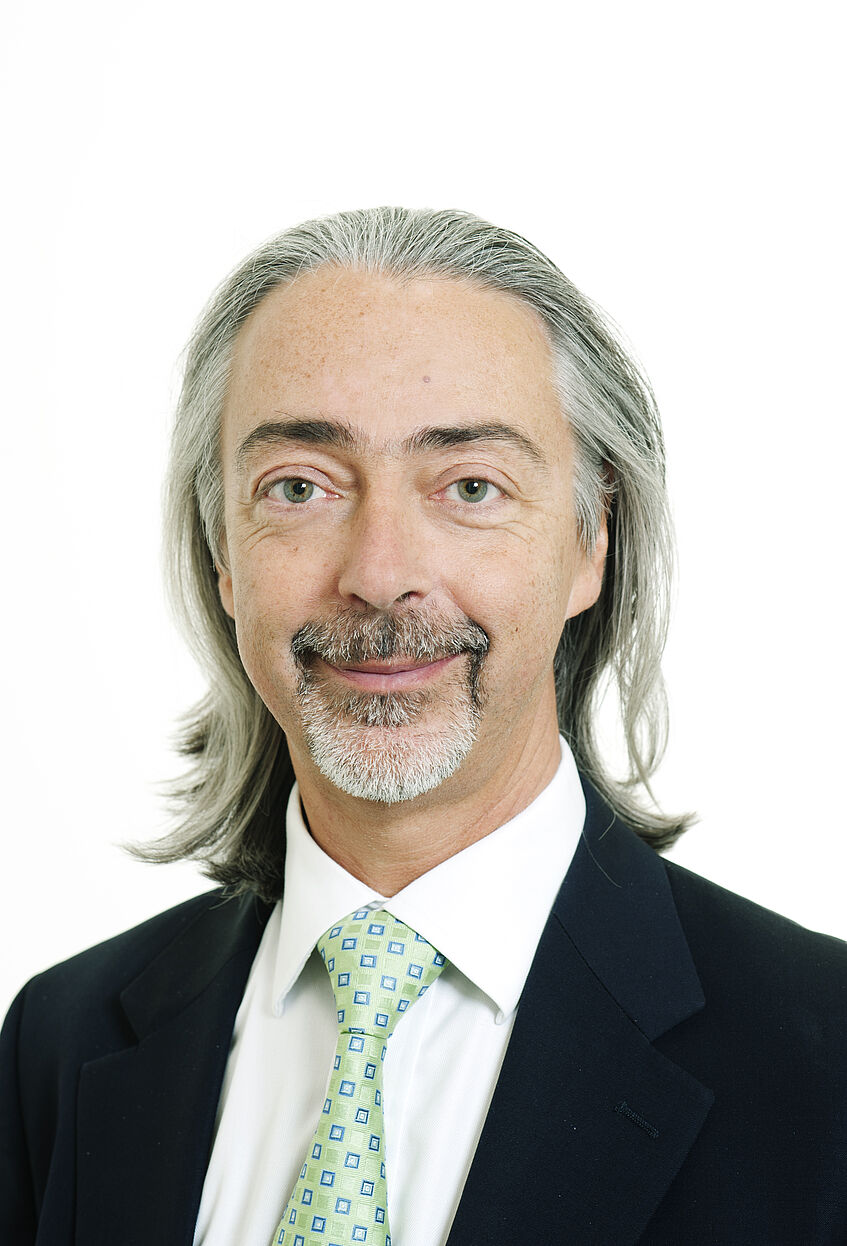
University of Vienna, Austria
Thierry Langer
The Versatile World of Pharmacophore Models
Thierry Langer is full professor for Pharmaceutical Chemistry and head of the department of Pharmaceutical Sciences at University of Vienna, Austria. Before that, he was CEO of Prestwick Chemical, France. He is author of more than 200 original papers and has long term expertise in computational medicinal chemistry. In 2003, with colleagues he founded the software development and consulting company Inte:Ligand GmbH. which he led until 2008. He was the coordinator of the Austrian academic drug discovery initiative wings4innovation and is also currently coordinating the EU IMI2 consortium NeuroDeRisk.
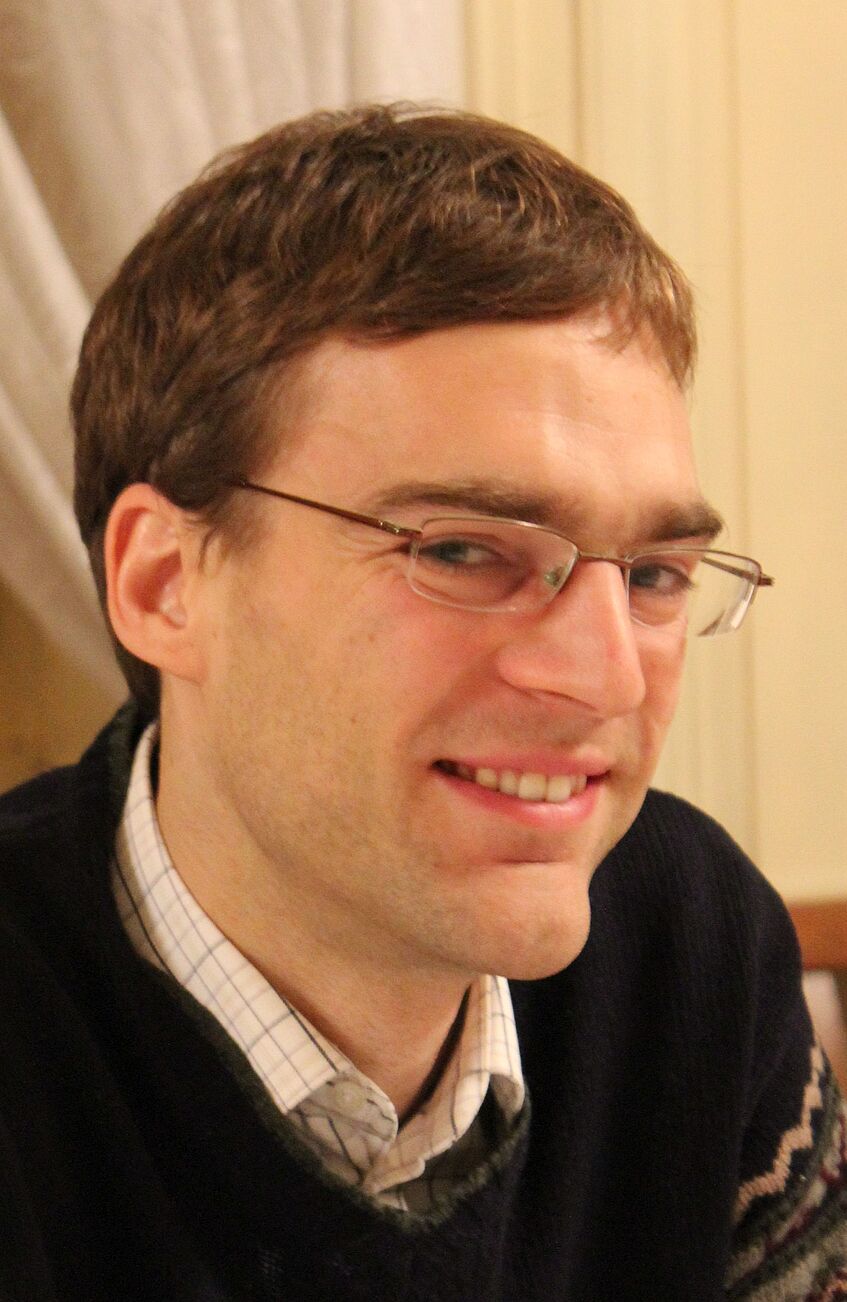
Czech Academy of Sciences, Czech Republic
Martin Lepšík
Semiempirical Quantum Mechanical Scoring in Structure-based Drug Design
Martin Lepšík is senior researcher at the Institute of Organic Chemistry and Biochemistry (IOCB), Prague, Czech Republic. His 20+ years in academic research yielded 85 scientific papers including 4 reviews and 3 book chapters with more than 2,500 citations, 3 patents and H-index of 31. These studies revolve mostly around protein-ligand non-covalent interactions described using quantum chemistry and molecular dynamics methods. In 2018, Martin Lepšík was awarded Marie-Sklodowska-Curie Individual Fellowship to work for two years at CERMAV, CNRS, Grenoble, France with Anne Imberty on multivalent lectin ligands and also became visiting researcher at the University of Leeds, U.K. with Emanuele Paci. For nearly ten years, he has been giving courses on various aspects of drug design at the Faculty of Science, Charles University, Prague and Palacky University, Olomouc. Recently, Martin Lepšík has been involved in a project initiated in Pavel Hobza laboratory at IOCB which aims at commercionalisation of semiempirical quantum mechanical scoring of protein-ligand interactions. These efforts have resulted in repeated non-exclusive licensing of the software prototype to Top-5 U.S-based pharmaceutical company.
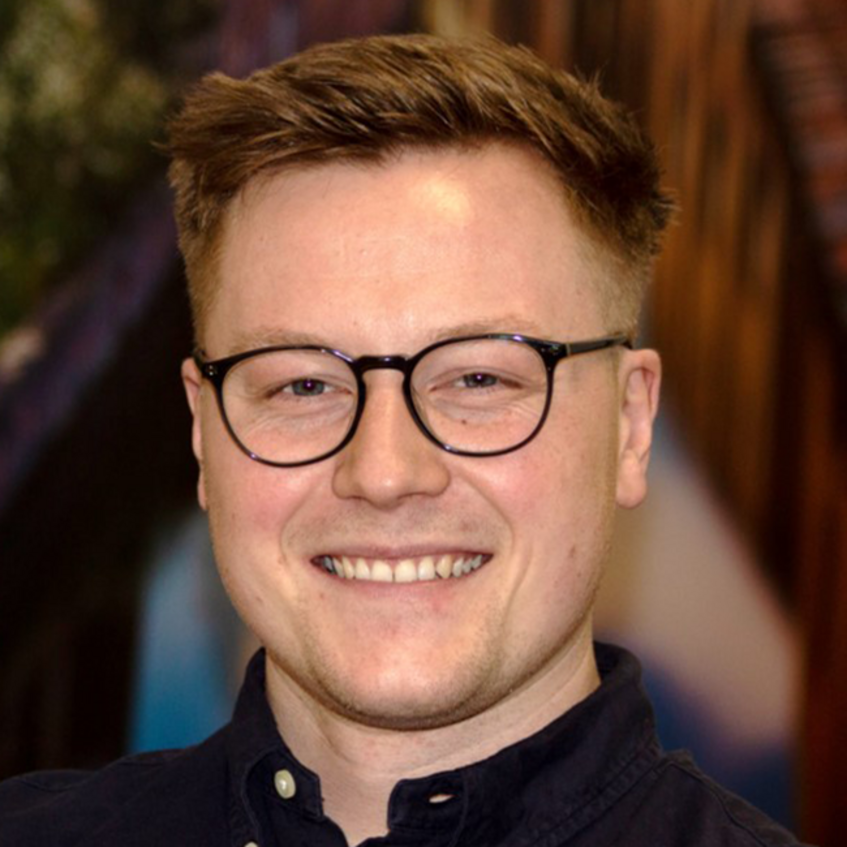
Cresset Group, United Kingdom
Scott Midgley
Using Spark™ and Flare™ to design and prioritize novel molecules in a drug design project
Scott completed his PhD in theoretical materials chemistry at the University of Reading. His computational modeling experience includes classical and quantum mechanical methods for simulating excited states (photochemistry), thermodynamics of geochemical processes, and electronic properties of conductive materials. Scott joined the Cresset Postdoctoral Program directly from his PhD in 2021, where he has redirected his skills towards drug design, applying his knowledge to studying the behavior of ligands and proteins. His broad computational modeling experience, as well as Python and machine learning expertise have allowed him to become involved in multiple areas at Cresset, including the development of new software features and aiding Cresset Discovery consultants on research projects.

University of Natural Resources and Life Sciences in Vienna, Austria
Chris Oostenbrink
Applications of Free-Energy Calculations from Molecular Dynamics Simulations
Chris Oostenbrink is professor at the University of Natural Resources and Life Sciences in Vienna and heads the Institute of Molecular Modeling and Simulation (BOKU). He has published more than 200 peer-reviewed papers involving computational approaches to describe complex biomolecular systems. He was brought to BOKU on a Vienna Science Chair by the Vienna Science and Technology Fund (WWTF) in 2009 and was a recipient of a Starting Grant of the European Research Council (ERC). He heads the doctoral program Biomolecular Technology of Proteins (BioToP) in which 50 doctoral candidates are currently enrolled. His main research interests are the structure and function of complex biomolecular systems, through molecular simulations and the accurate description of molecular interactions.
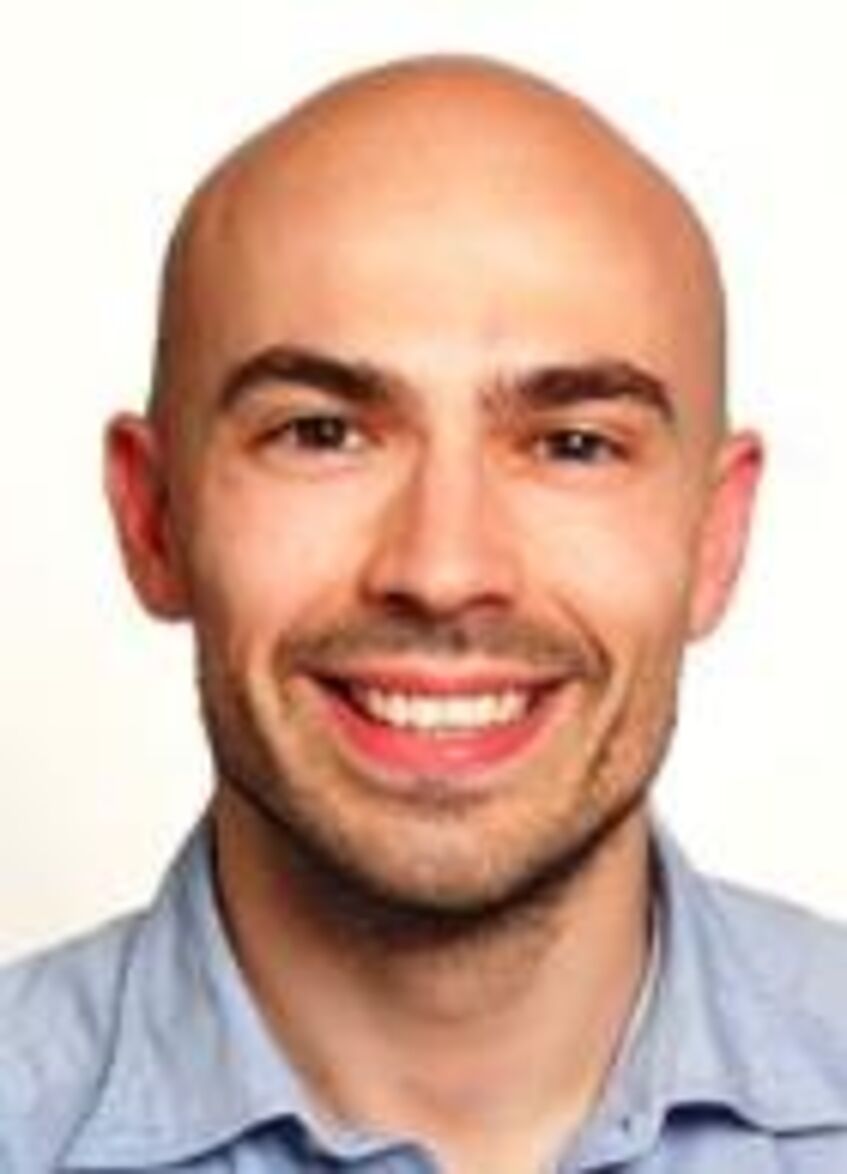
Chiesi Farmaceutici, Italy
Daniele Pala
Identification of P2X3 antagonists through a novel core-hopping approach
Daniele conducted his Ph.D. research in the group of Prof. Mor at the University of Parma, focusing on the design of small-molecule modulators of GPCRs. He earned the EUROPIN degree in 2012 and, after an internship at Schrodinger (NY), he held a postdoctoral research position at the University of Parma, working on the design of protein-protein interaction disruptors as well as enzyme inhibitors. He is now a Principal Computational Scientist at Chiesi Farmaceutici, where he supports discovery projects focused on different respiratory diseases, including asthma, COPD, idiopathic pulmonary fibrosis and bronchopulmonary dysplasia. He is co-author of more than 30 research papers and 12 patent applications.
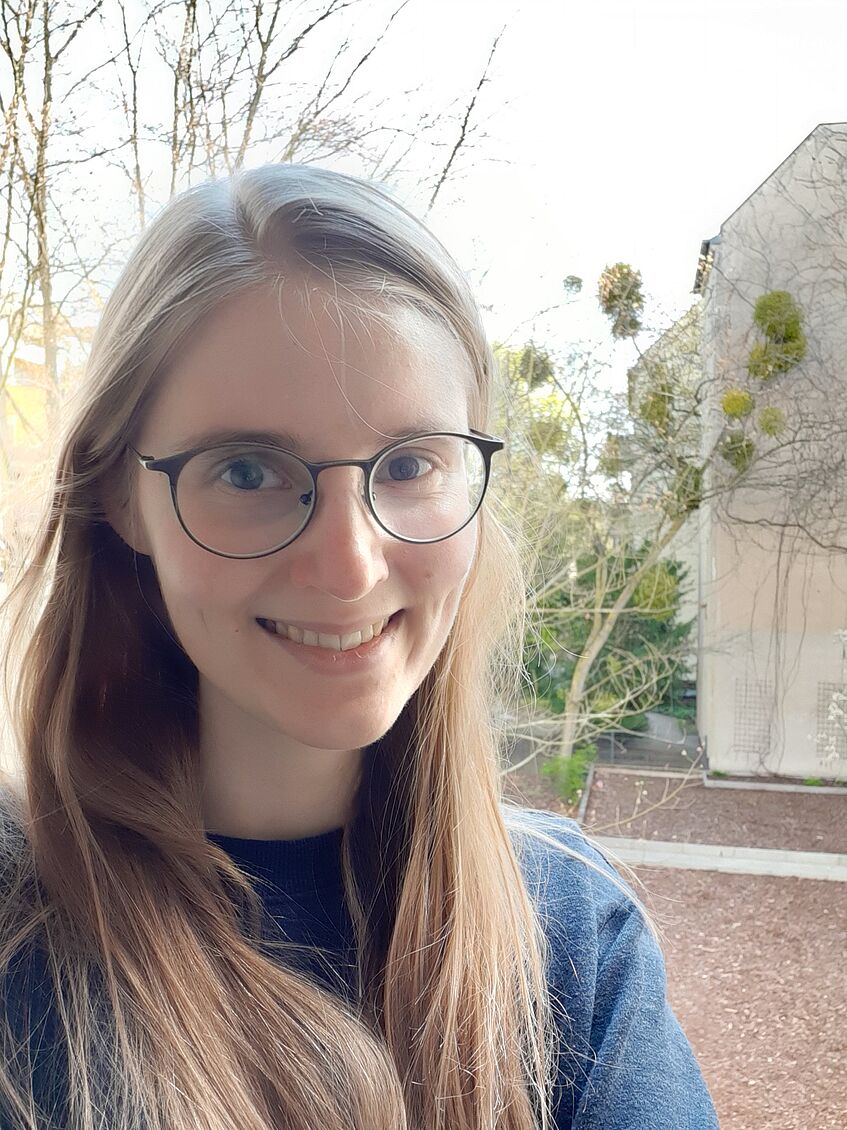
Freie Universität Berlin & EUROPIN
Kristina Puls
Salvinorin A-Based Virtual Screening to Identify New Scaffold Non-Basic Kappa Opioid Receptor Ligands
PhD student at Freie Universität Berlin, part of the EUROPIN program, Supervisor Prof. Gerhard Wolber, (computer aided drug design: Molecular design lab) Her PhD focuses on GPCRs, with opioid receptors as my main model systems. I am particularly interested in the elucidation of mechanistic insights of receptor activation and the design of new, tailored modulators.
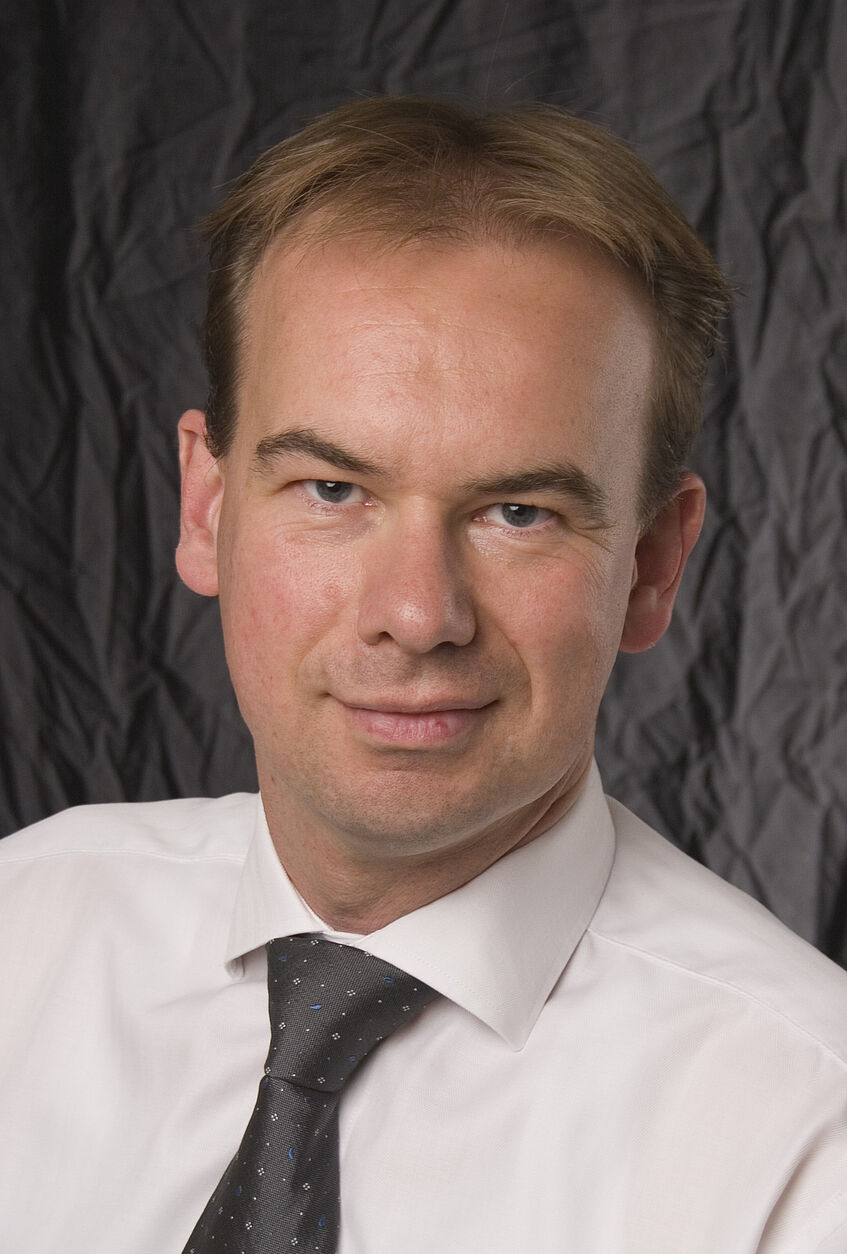
University of Hamburg, Germany
Matthias Rarey
Algorithms that Matter: Examples from Cheminformatics and Structure-Based Design
Matthias Rarey is a computer scientist (M.Sc. Paderborn, 1992; PhD Bonn, 1996; Habilitation Bonn, 2001) with a focus on Bio- and Cheminformatics. Prof. Rarey is a co-founder of the cheminformatics company BioSolveIT GmbH located in Sankt Augustin (2001). Since 2002, he heads the Center for Bioinformatics at the Universität Hamburg. His research group for Computational Molecular Design focuses on the development of new algorithms for problems occurring in molecular design, innovative approaches to cheminformatics and new molecular visualization techniques. Since 2014, Prof. Rarey is an Associate Editor of the Journal of Chemical Information and Modeling of the American Chemical Society. He is one of the spokespersons of the Helmholtz Data Science Graduate School DASHH (2018) and heads the Center for Data and Computing in Natural Sciences (CDCS) since 2019. Furthermore he is member of the Research Advisory Board of the Fonds der Chemischen Industrie (FCI) since 2018 and member of the Advisory Board for Molecular and Cellular Structure (MCS) at EMBL-EBI since 2021. Moreover he is elected (Vice) Chair of the Gordon Research Conference Computer-Aided Drug Design (CADD) in 2023 and 2025. In 2005 he received the Corwin-Hansch-Award and in 2011 the ACS Emerging Tech Award.
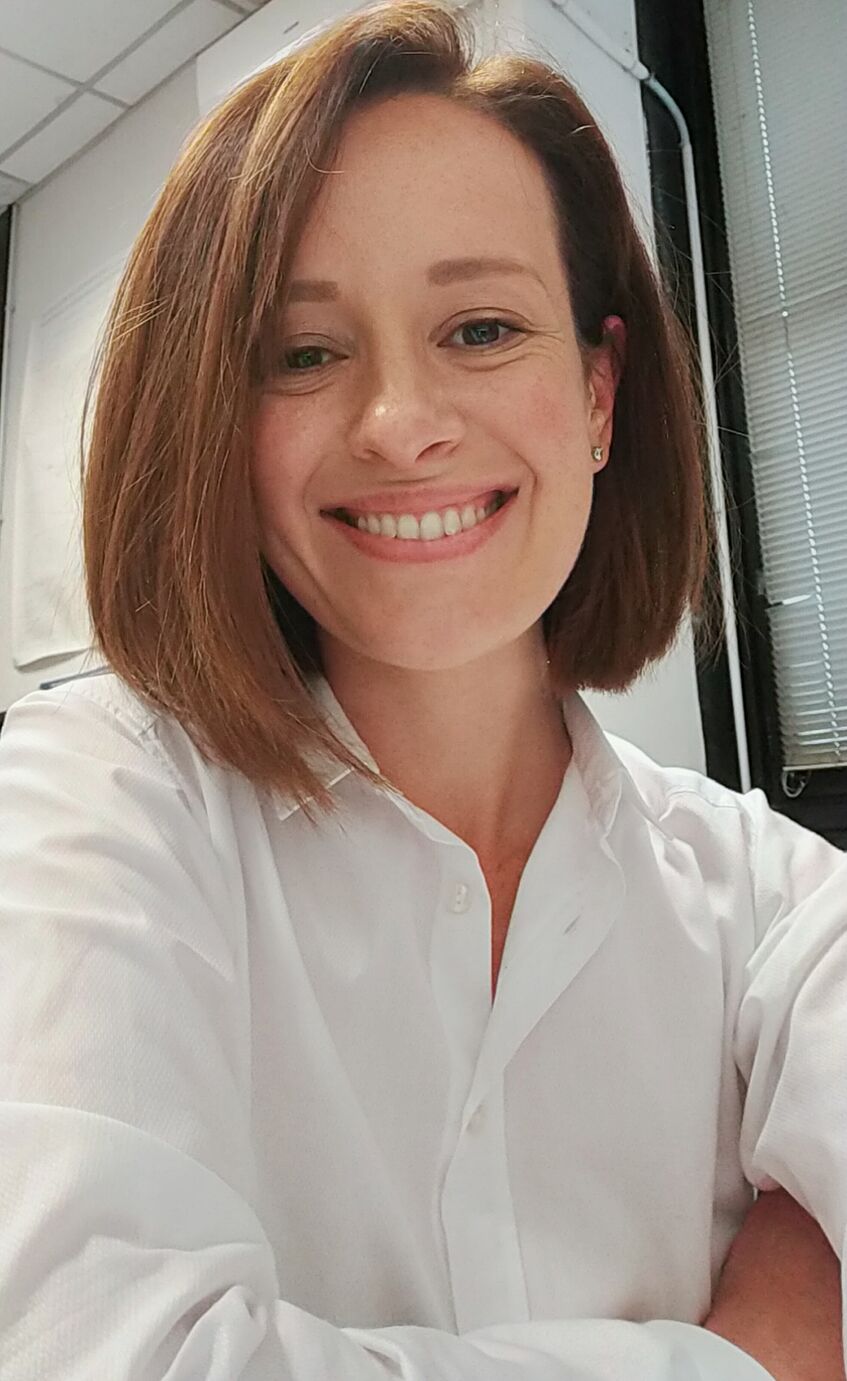
University of Parma, Italy
Laura Scalvini
Enzymes degrading endogenous lipid mediators as anti-inflammatory targets. The case study of N-acylethanolamine acid amidase.
Laura Scalvini is a researcher of the Medicinal Chemistry group at the Department of Food and Drug of the University of Parma, from which she received her PhD in “Design and synthesis of biologically active compounds” in 2016. From 2012 to 2015 she was also enrolled in the EUROPIN PhD program. In her research work Dr. Scalvini mainly uses computational free-energy approaches to investigate the function of endocannabinoids and other lipid mediators metabolizing enzymes.
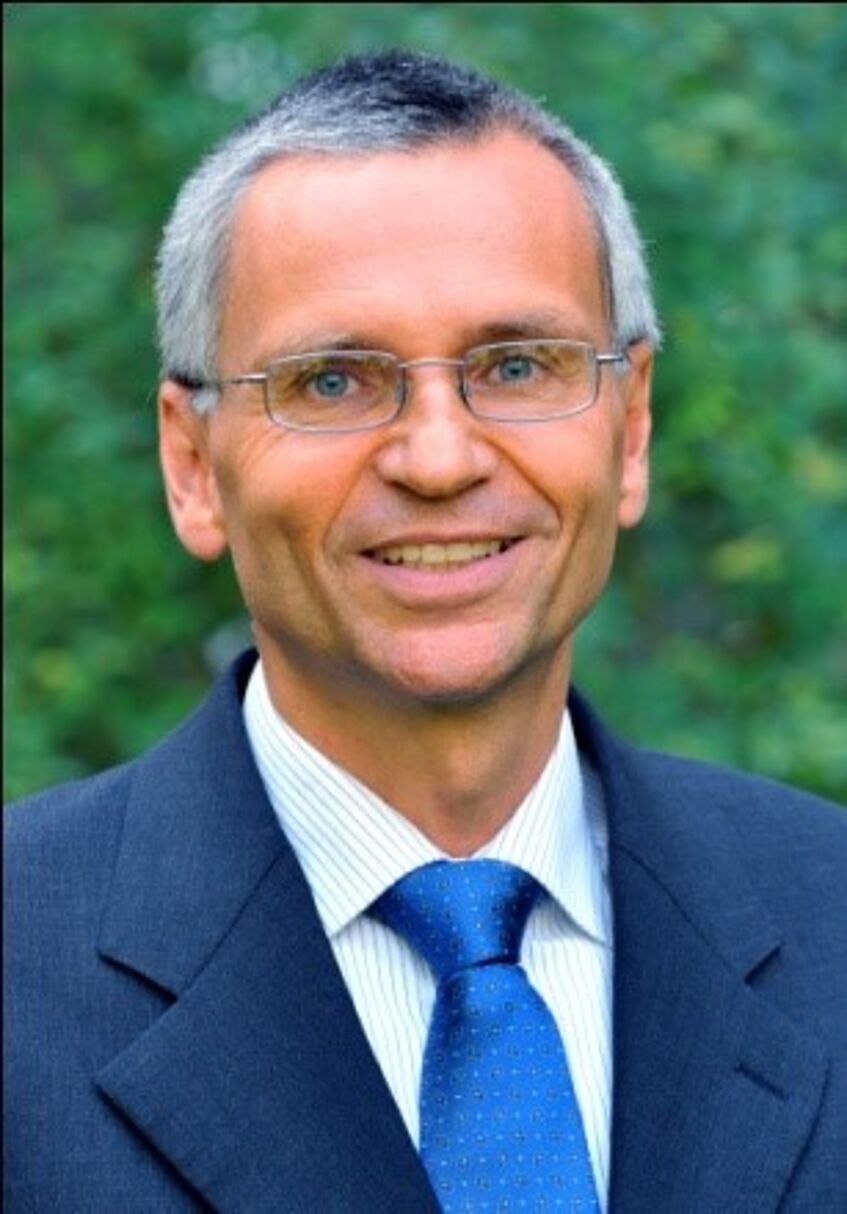
BASF, Germany
Klaus-Juergen Schleifer
Learn from the Ligands
Prof. Schleifer studied pharmacy in Berlin. After his PhD in organic pharmaceutical chemistry, he prepared his Habilitation in the theoretical working group of Prof. Höltje. In 2001 he changed from academia to industry and succeeded Prof. Kubinyi as head of Molecular Modelling at BASF, Ludwigshafen. Today he is responsible for Molecular Modeling & Drug Discovery at BASF’s Group Research.
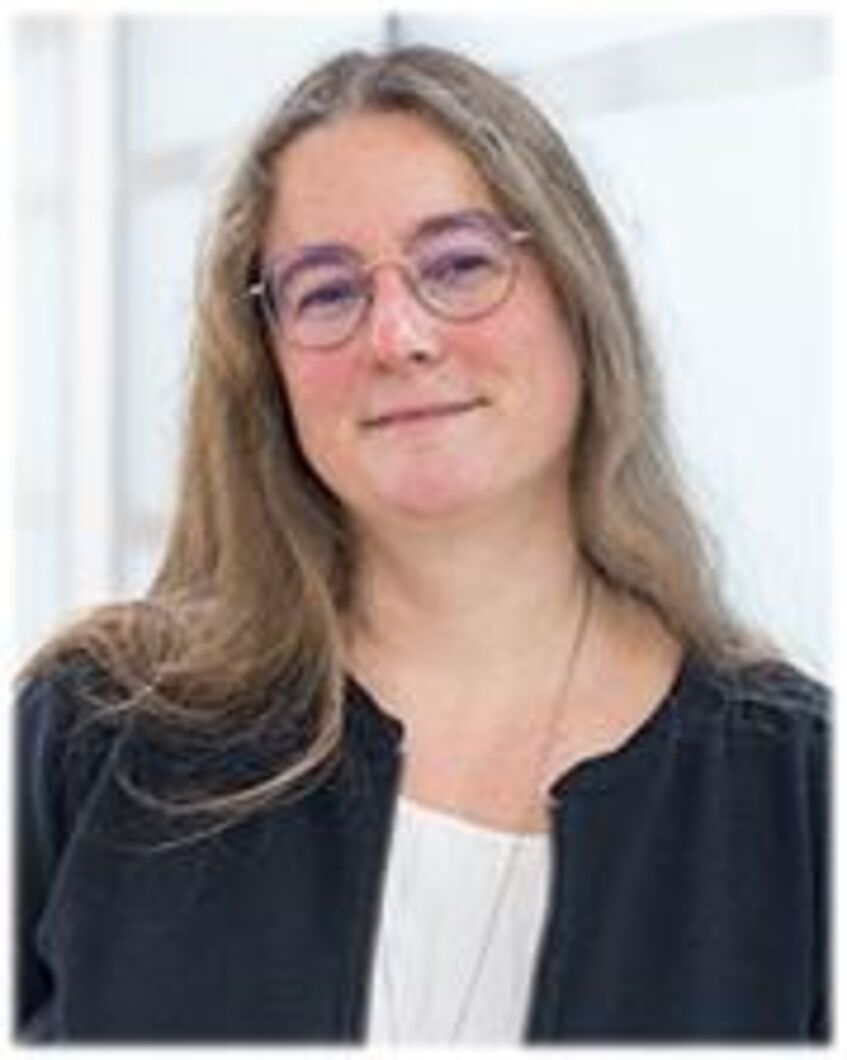
Paracelsus Medizinische Privatuniversität Salzburg, Austria
Daniela Schuster
Adverse effect profiling with pharmacophore models
Daniela Schuster studied Pharmacy at the University of Innsbruck, Austria, where she also pursued her PhD studies under the supervision of Thierry Langer. An Erika Cremer habilitation scholarship enabled her to continue her research in Innsbruck. After her habilitation on small molecule enzyme inhibitors in 2012, she led an exclusively third-party funded molecular modeling team of 3-4 PhD students and about 4 master students. In 2016, she was awarded one of the first Ingeborg Hochmair professorships in Innsbruck. In 2017, she followed the call of the Paracelsus Medical University (PMU) in Salzburg for a full professorship for pharmaceutical and medicinal chemistry. Daniela has contributed to over 20 years on pharmacophore-based activity predictions and has specialized in applying these methods for side effect estimation of xenobiotics. She is the author of nearly 160 publications, teaches at the PMU Salzburg, PLUS Salzburg and FH Hagenberg and is currently the Head of the Institute of Pharmacy and Dean of Pharmacy. As the mother of 2 children she advocates for combining a successful career with family life.
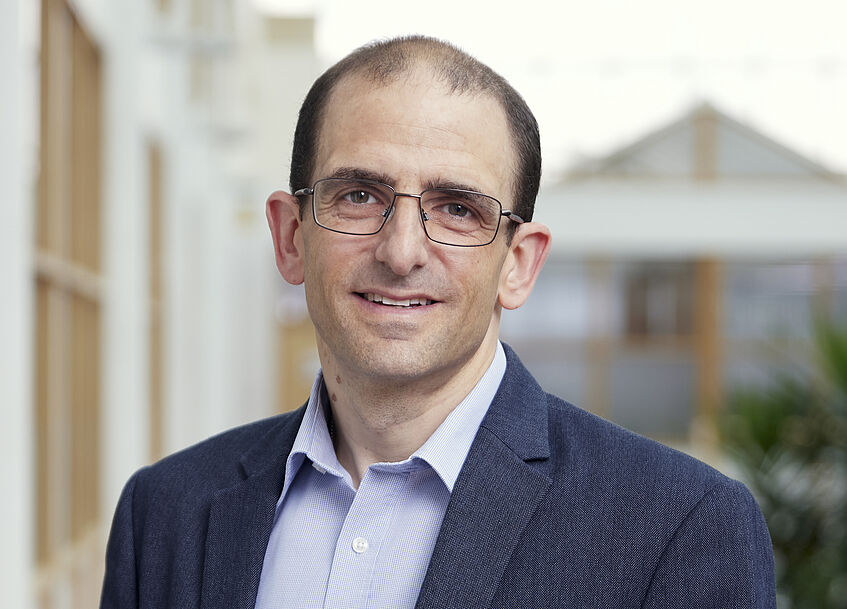
Optibrium, United Kingdom
Matthew Segall
Deep Learning Imputation: Using AI to Derive Valuable Insights from Drug Discovery Data
Matt is CEO of Optibrium. He has a Master of Science in computation from the University of Oxford and a Ph.D. in theoretical physics from the University of Cambridge. As Associate Director at Camitro (UK), ArQule Inc. and then Inpharmatica, he led a team developing predictive ADME models and state-of-the-art intuitive decision-support and visualization tools for drug discovery. In January 2006, he became responsible for management of Inpharmatica's ADME business, including experimental ADME services and the StarDrop software platform. Following acquisition of Inpharmatica, Matt became Senior Director responsible for BioFocus DPI's ADMET division and in 2009 led a management buyout of the StarDrop business to found Optibrium, which develops software and AI solutions for small molecule design, optimisation and data analysis. Matt has published over 30 peer-reviewed papers and book chapters on computational chemistry, cheminformatics and drug discovery.
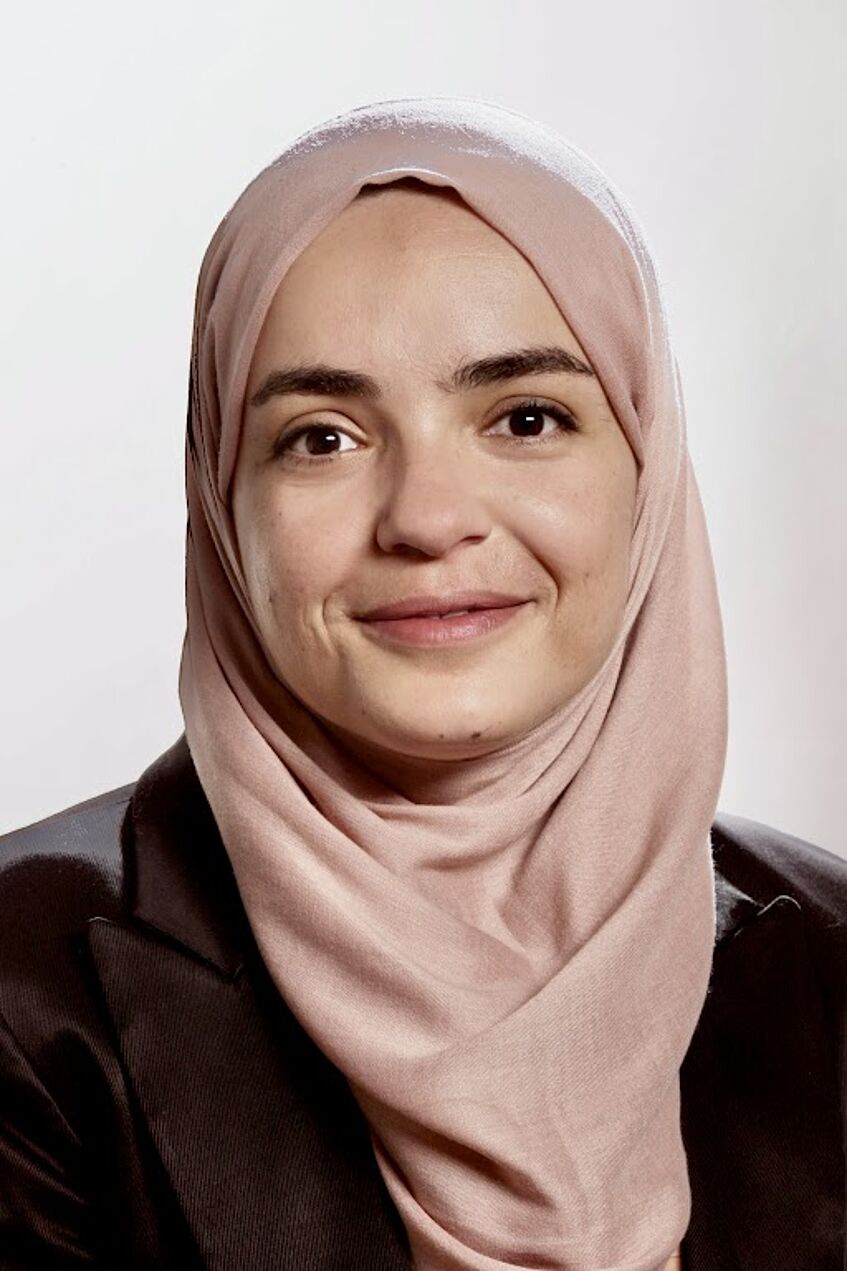
Schrödinger, Germany
Zeineb Si Chaib
Expanding the Domain of Applicability of Structure-based Drug Design with IFD-MD
Zeineb is a Senior scientist in Schrödinger’s Applications Science Team. Before joining Schrödinger in 2022, she worked at Ambrego Gmbh as an R&D scientist where she was responsible for advancing innovative and life-changing therapies using computational methods. She received her PhD in computational biophysics from RWTH Aachen university and Forschungszentrum Jülich, Germany. During her PhD in the group of Prof. Dr. Giulia Rossetti and Prof. Dr. Paolo Carloni, she cooperated with Grünenthal and Taros Chemicals for the design of new analgesics and positron emission tomography (PET) tracers using ligand-based and structure-based drug design approaches. She also collaborated with the research group of Prof. Alejandro Giorgetti in the university of Verona, Italy to study membrane proteins using biased and unbiased coarse-grained molecular dynamics simulations. Prior to her PhD, Zeineb received a rich education in both biotechnology and in silico drug design during her two Masters degrees obtained at the university of science and technology Houari Boumediene, Algeria and Paris Diderot university, France respectively.
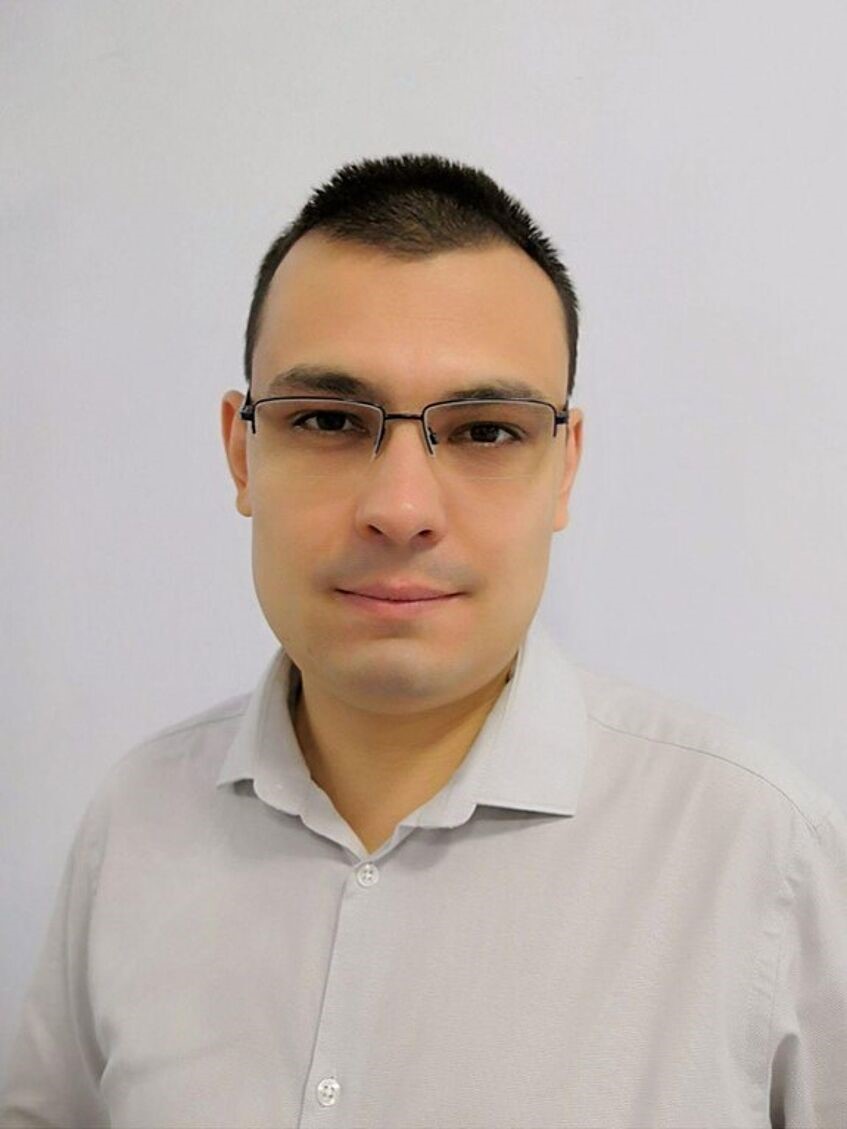
University of Vienna, Austria
Sergey Sosnin
Practical Applications of Nonlinear Dimensionality Reduction Methods for Visualizing Chemical Space
Sergey Sosnin is a postdoctoral researcher at the Pharmacoinformatics Research Group, University of Vienna. He is involved in RISK-HUNT3R EU project, under which he develops new deep learning-based methods for the visualization of chemical space and creates tools for the visual validation of QSAR/QSPR models. Also, he holds a keen interest in applying Transformer-based neural networks within the realm of cheminformatics. He graduated from Lomonosov Moscow State University, Department of Chemistry, with a Specialist degree in bioorganic chemistry. He obtained his PhD degree from the Skolkovo Institute of Science and Technology (Skoltech) in 2021.
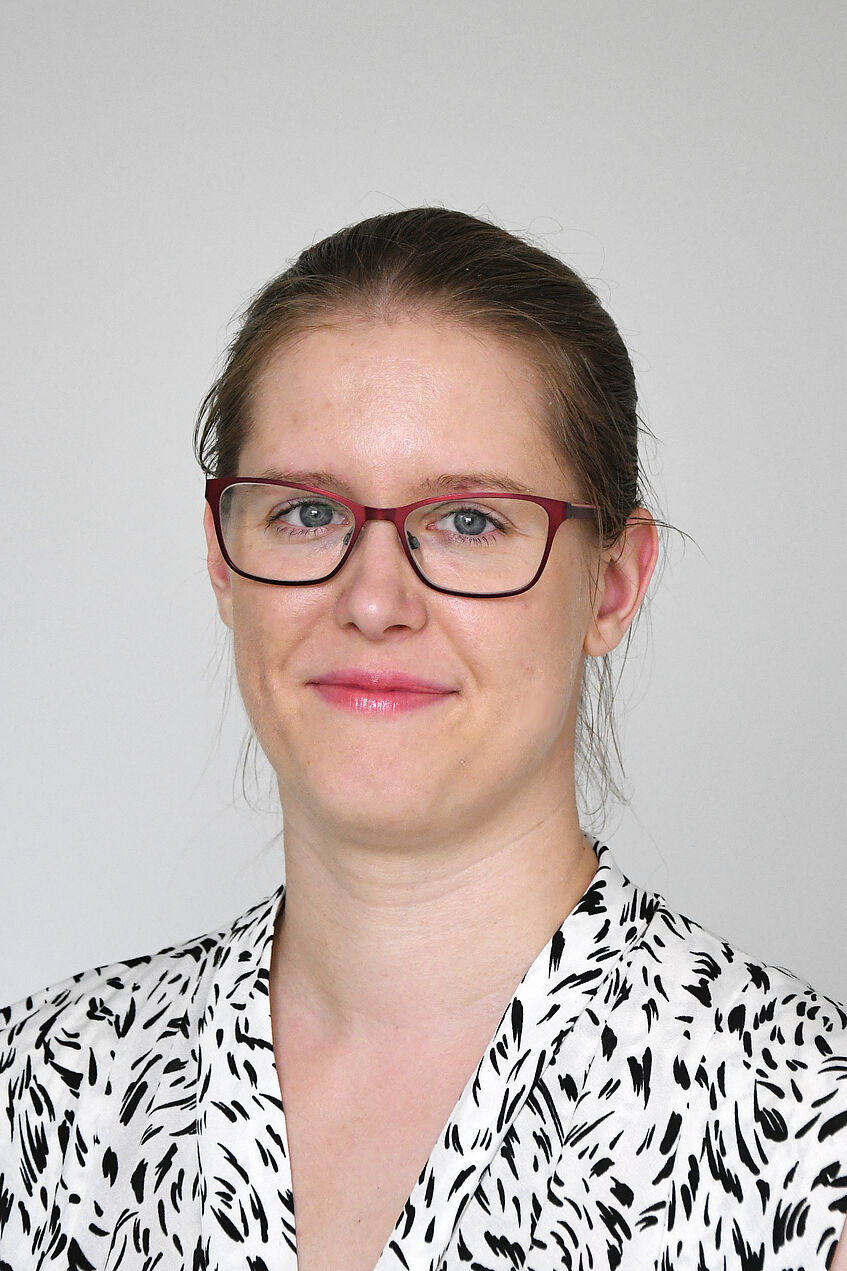
OpenEye, Cadence Molecular Sciences
Katarina Stanciakova
Introduction to Virtual Screening in a Parallel Universe
Katarina Stanciakova is an Application scientist at OpenEye, Cadence Molecular Sciences - an industry leader which provides solutions for drug discovery and molecular design. Katarina obtained her education in biophysics and chemical physics at Comenius University in Slovakia, followed by a PhD in chemistry at Utrecht University in the Netherlands in the group of Prof. Bert Weckhuysen. Afterwards, she worked as a postdoctoral researcher in the same group, where she applied quantum modelling tools to study the surface chemistry of various catalysts. In 2021 she joined OpenEye, Cadence Molecular Sciences, to work with the European customers.
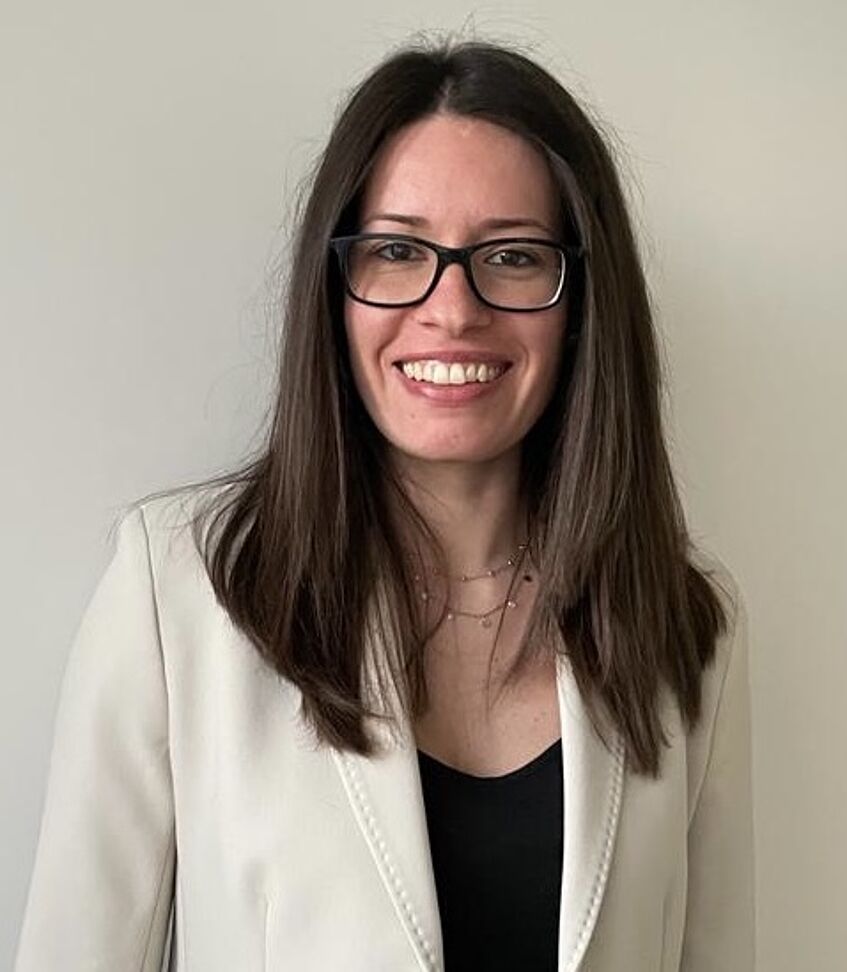
University of Siena, Italy
Claudia Trivisani
Exploring structure-based methods for the in-silico prediction of steatosis
Claudia holds a degree in Biotechnological Sciences from the University of Naples Federico II and an MS in Pharmaceutical Biotechnologies at Sapienza, University of Rome. She moved to Siena where she obtained her PhD working on the identification of broad-spectrum antiviral compounds targeting host cofactors using ligand and structure-based design methods. Afterwards, she started her postdoc at the University of Vienna in the Pharmacoinformatics research group of Prof. Gerhard F. Ecker, where she contributed to the RISK-HUNT3R project by applying structure-based methods to characterize the molecular initiating events linked to adverse outcomes. Today Claudia is a researcher at the Department of Biotechnology, Chemistry and Pharmacy of the University of Siena.
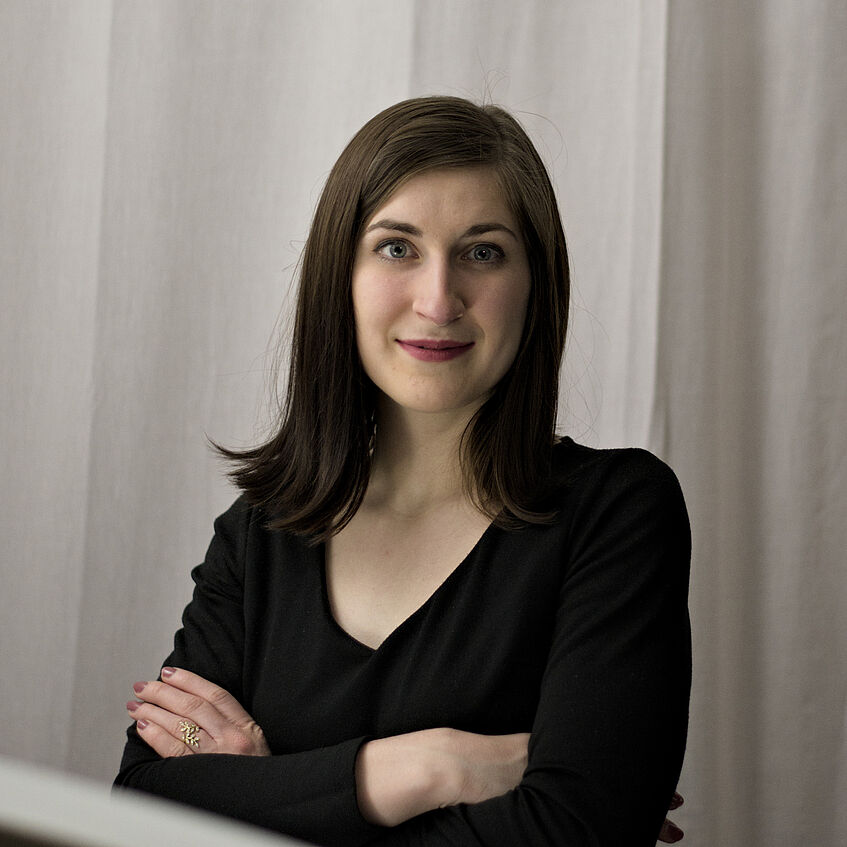
Celeris Therapeutics, Austria
Alžběta Türková
Exploiting deep learning to drive structure-based design of proximity-inducing compounds
Alzbeta Tuerkova is Head of computer-aided drug design at Celeris Therapeutics in Graz, Austria, since August 2022. Her work at the company focuses on designing proximity-inducing compounds using in silico methods to drive targeted protein degradation. Prior to this, Alzbeta was a postdoctoral researcher at Uppsala University in Sweden, from January 2021 to June 2022, where her research was centered around multiscale simulations of membrane fusion between enveloped viruses and host cells. Alzbeta's PhD work at the University of Vienna in Austria, from August 2017 to December 2020, involved using cheminformatic and structure-based approaches to model small molecule interactions with solute carrier transporters. Alzbeta has a strong interest in integrating physics-based modeling techniques such as molecular dynamics, normal mode analysis, and free energy calculations with data science approaches including biomedical data mining and workflow-driven cheminformatics to gain a deeper understanding of various therapeutic modalities.
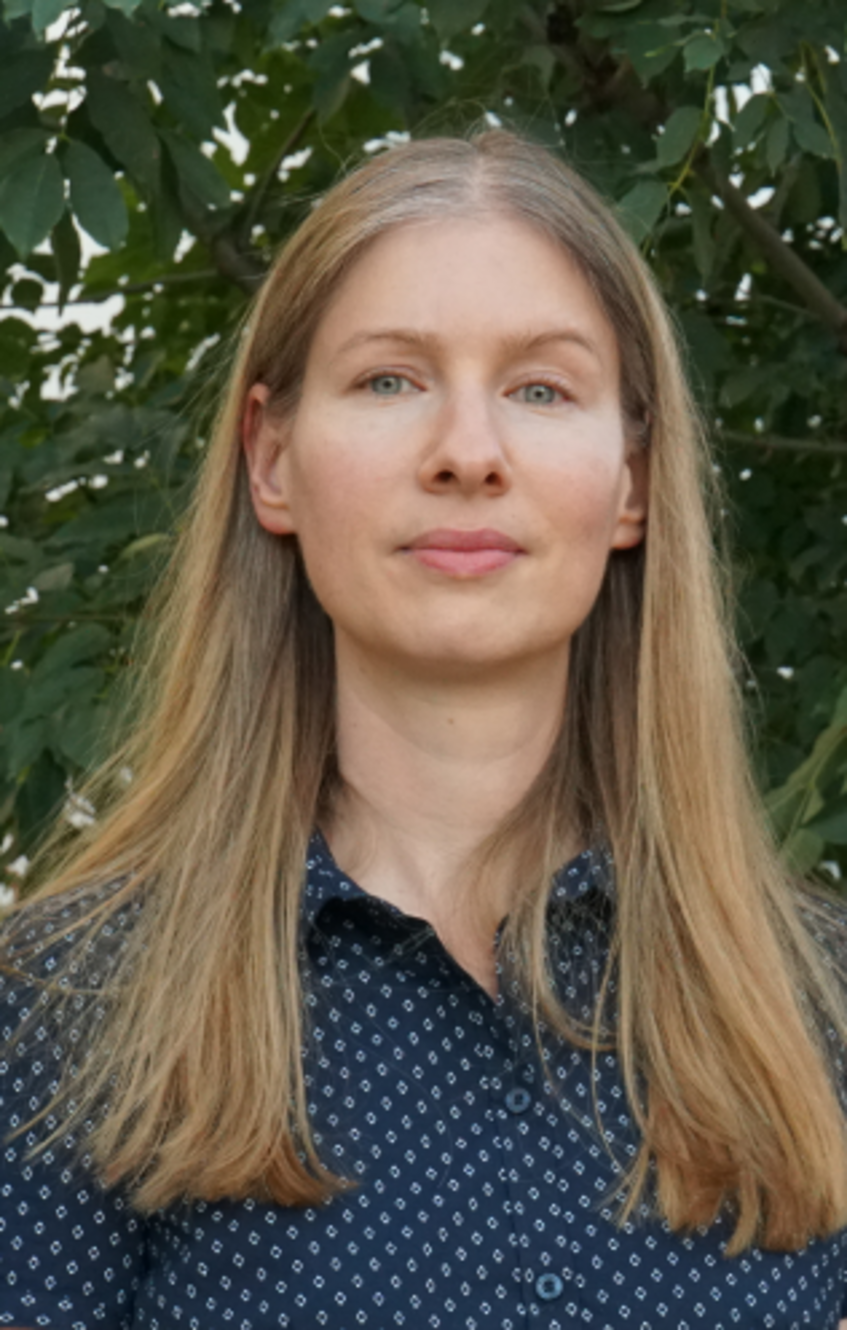
University of Vienna, Austria
Anna Weinzinger
Challenges in drug repurposing for rare diseases – the GNB1/KCNJ6 example
Anna Weinzinger is Associate Professor at the Department of Pharmaceutical Sciences, Division of Pharmacology and Toxicology at the University of Vienna. She conducted her doctoral studies in the group of Prof. Wolschann, at the Institute of Theoretical Chemistry, University of Vienna, focusing on structure modeling of odorant receptors and voltage gated calcium channels. In 2008, Anna joined the group of Bert de Groot, at the Max Planck Institute for Biophysical Chemistry in Göttingen (Germany). Her postdoc project focused on investigating the “off-target” pharmacology of the hERG K+ channel. She habilitated in Pharmacoinformatics in 2015 at the University of Vienna. Her current research interests aims to explain the relationship between structure, function and dynamics of various ion channels. The group combines various computational methods, including molecular dynamics simulations to investigate the mechanisms and treatment options for rare ion channel diseases. She has co-authored more than 60 peer-reviewed papers, and is currently serving as guest editor for a Special Issue on "Potassium Channels as Novel Therapeutic Targets.”
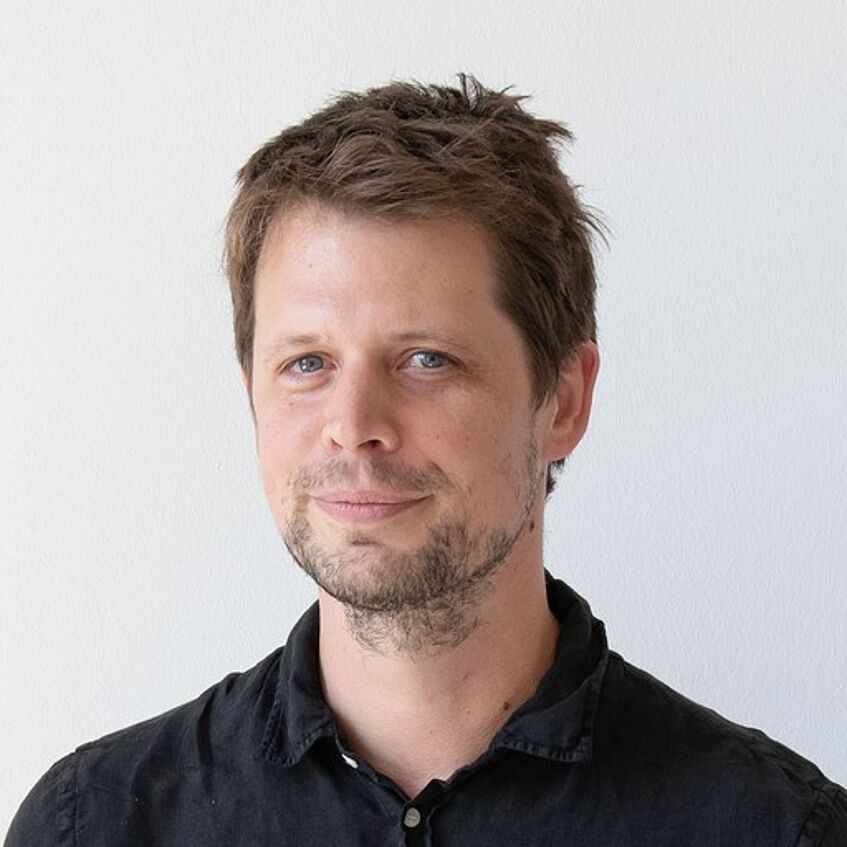
Memorial Sloan Kettering Cancer Center, New York, USA and Exscientia, Vienna, Austria
Marcus Wieder
Combining physics based modeling with machine learning
Marcus Wieder received his PhD in the lab of Stefan Boresch and Thierry Langer at the University of Vienna, Austria, and completed his postdoctoral training in the lab of John Chodera at the Sloan Kettering Institut and as an postdoc fellow at the Department of Pharmacy at the University of Vienna. He is currently a senior scientist and product lead at Exscientia.
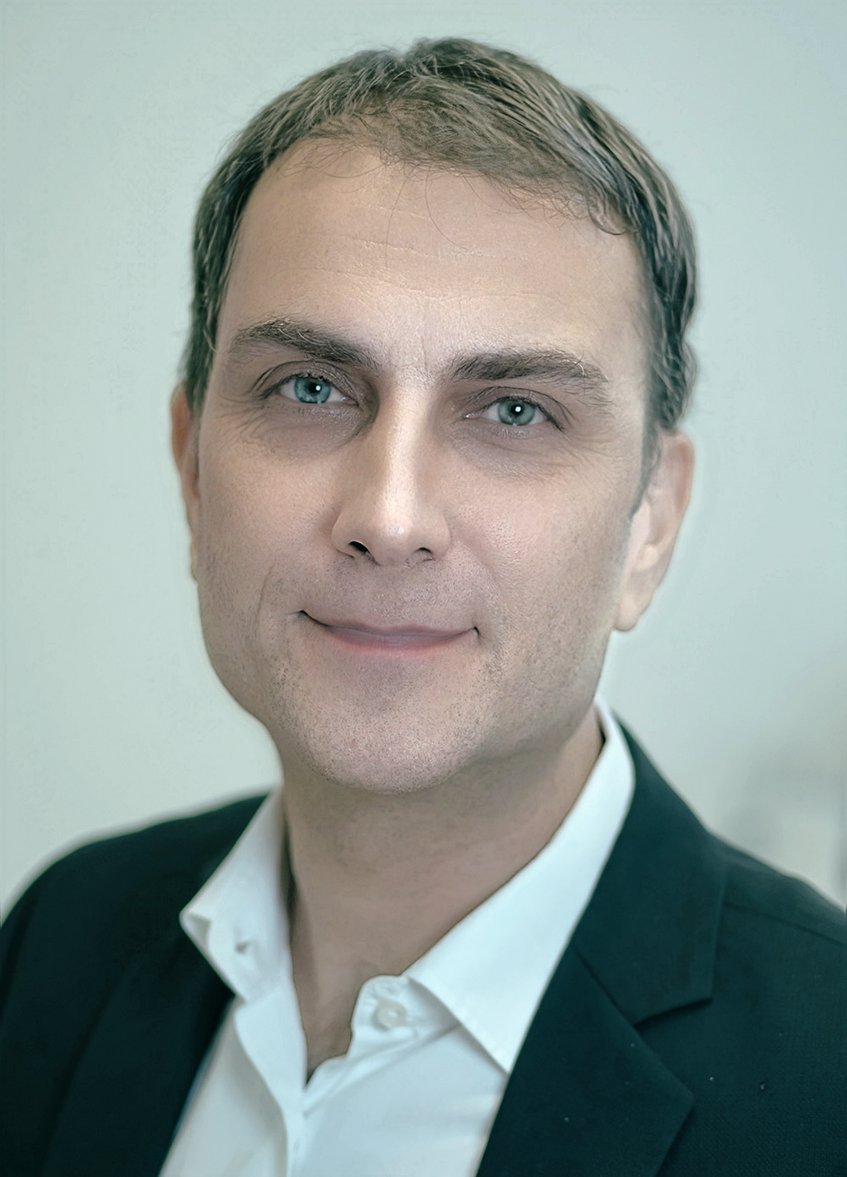
EUROPIN & Freie Universität Berlin, Germany
Gerhard Wolber
Interaction patterns from molecular dynamics as computational microscopes for drug design
Gerhard Wolber is professor for Pharmaceutical Chemistry and head of the computational chemistry group at the Institute of Pharmacy at the Freie Universität Berlin since 2010. After his studies of pharmacy at the University of Innsbruck and Computer Science at the Technical University of Vienna, he received his PhD in pharmaceutical chemistry at the University of Innsbruck. In 2003 he co-founded the molecular modeling software company Inte:Ligand. In 2008 he changed back to academia as assistant professor at the University of Innsbruck before changing to the Freie Universität Berlin in 2010. His lab bridges algorithmic design and applied computational drug discovery to develop quantitative models for the effects of small molecules on macromolecules and cellular pathways. To achieve this, the group uses a combination of biophysical in vitro methods with statistical molecular mechanics and heuristically derived interaction patterns (3D pharmacophores, dynophores).

Freie Universität Berlin & EUROPIN
Clemens Alexander Wolf
In silico exploration of novel CYP4A11 inhibitors
PhD student at Freie Universität Berlin, supervisor Gerhard Wolber, Molecular Design Lab; EUROPIN program. His PhD research revolves around in silico exploration of cytochrome P450 enzymes by combining complementary computational techniques. He is particularly interested in the design of novel inhibitors for CYP4A11 as a tool to combat inflammatory liver degeneration.
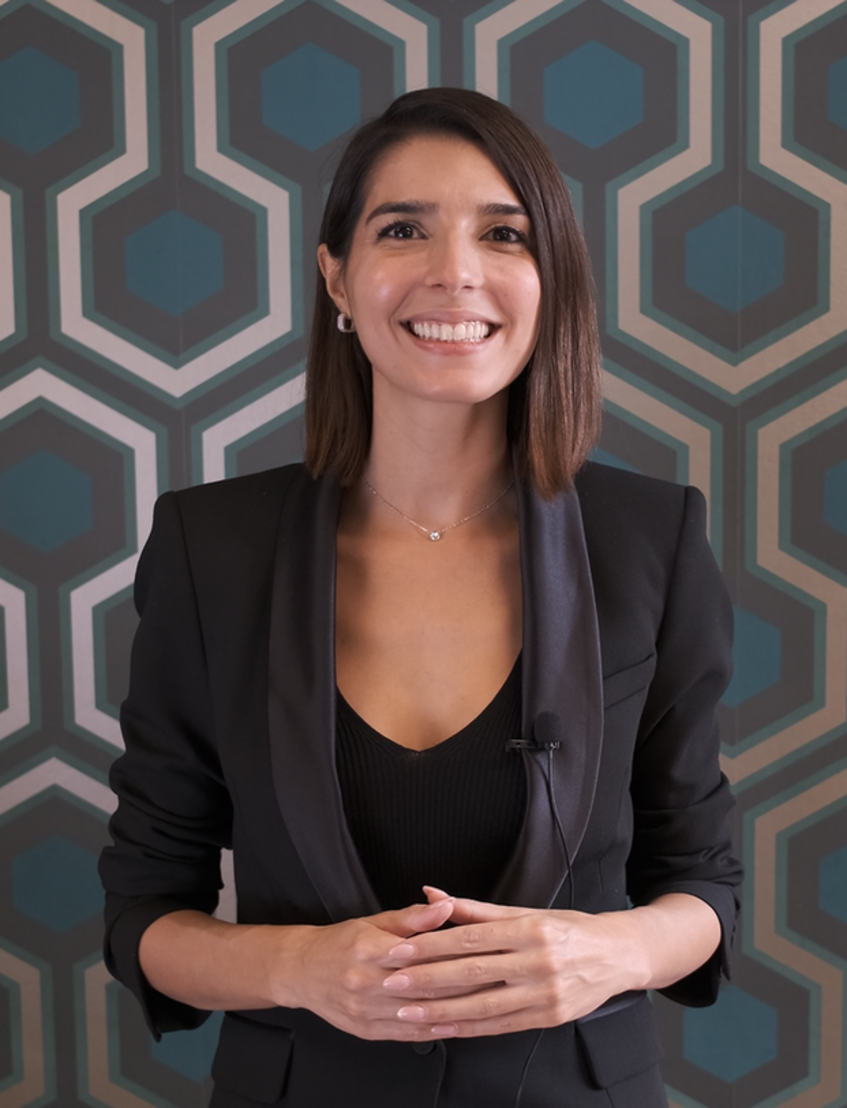
Discngine, Paris, France
Lorena Zara
How to fully exploit structural information to inspire your next design
Lorena Zara is a Scientific Project Manager at Discngine, working in the 3decision team. 3decision is Discngine’s solution for protein structure knowledge management which helps scientists with ideation and decision-making in structure-based drug design. Lorena is responsible for collaboration with external R&D teams in pharma, onboarding, user training, and scientific project support. Lorena has a background in computational chemistry and X-ray crystallography. She obtained her Ph.D. at Vrije Universiteit of Amsterdam (VU), where she focused her research on the in-silico investigation of structure-activity and structure-kinetic relationships to guide the rational design and optimization of small molecules against various drug targets, among which phosphodiesterases (PDEs). During her Ph.D., Lorena gained international research experience in other academic groups, such as in the computational lab of Prof. Xavier Barril (University of Barcelona) and the crystallography group of Prof. David Brown (University of Kent). She also worked on interdisciplinary projects with industrial partners of the FragNet consortium: ZoBio (The Netherlands) and Beactica AB (Sweden), collaborating with synthetic chemists, biophysicists, and crystallographers.
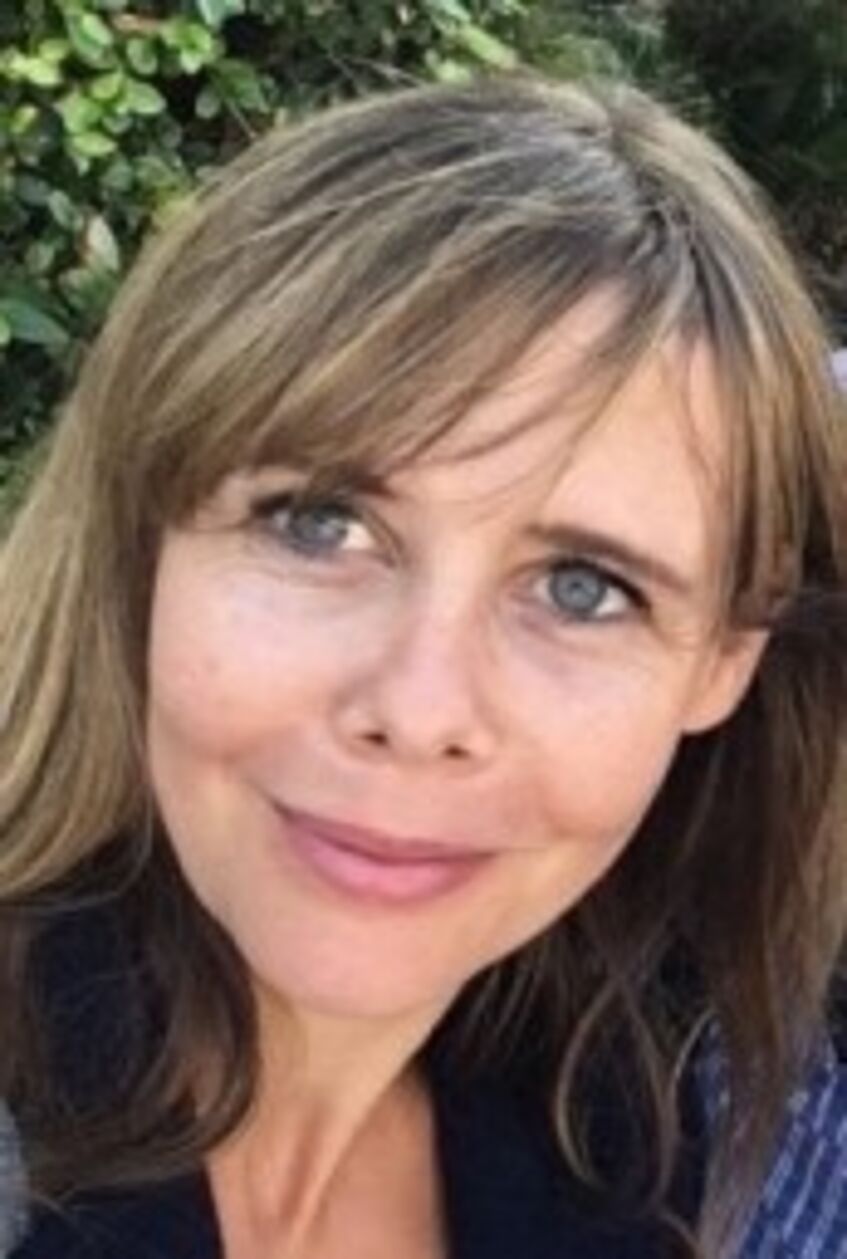
EMBL-EBI, United Kingdom
Barbara Zdrazil
Big data in Chemical Biology: open resources at EMBL-EBI
Barbara Zdrazil is currently employed as ChEMBL Coordinator at the European Bioinformatics Institute (EMBL-EBI) in Hinxton, Cambridge, UK. Prior to this role Barbara was a Group Leader at the Department of Pharmaceutical Sciences, University of Vienna, Austria, and worked as a Safety Data Scientist for EMBL-EBI. She received her PhD in Pharmaceutical Chemistry from the University of Vienna in 2006 and performed her postdoctoral studies at the University of Düsseldorf, Germany. Barbara contributed to many EU-funded projects (eTOX, OpenPHACTS, EU-ToxRisk) and was leading a nationally funded FWF project focusing on hepatic SLC transporters from 2017-2021. In 2019, Barbara accomplished her Venia Docendi in Pharmacoinformatics at the University of Vienna. Barbara also serves the community as Co-Editor-in-Chief for the Journal of Cheminformatics since 2022.
Contact us
If you have any questions regarding the EUROPIN Summer School on Drug Design, please don’t hesitate to contact us.
EUROPIN – a structured, highly interconnected training through research PhD program on the efficient and innovative use of information technologies and computational approaches in the drug discovery, design and development processes.
Organised by
Pharmacoinformatics Research Group
Following a holistic pharmacoinformatic approach we combine structural modeling of proteins, structure-based drug design, chemometric and in silico chemogenomic methods, statistical modeling and machine learning approaches to develop predictive computational systems for transporters and ion channels.
The validation and optimisation of the obtained in silico models by strong links to experimental groups is an integral part of these activities.


